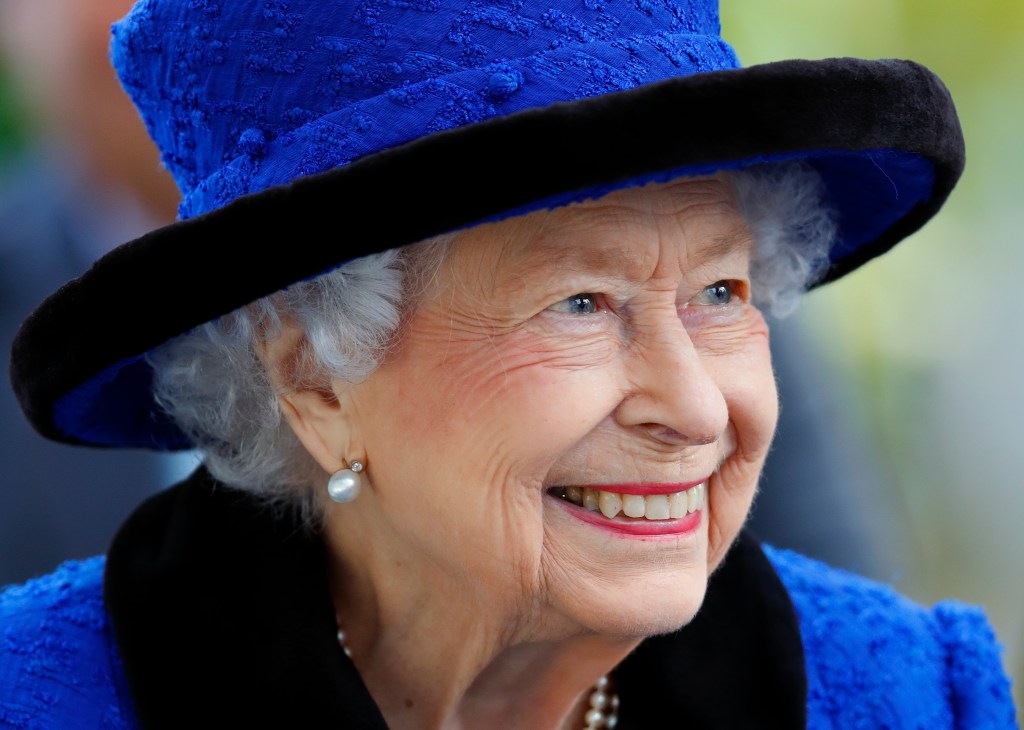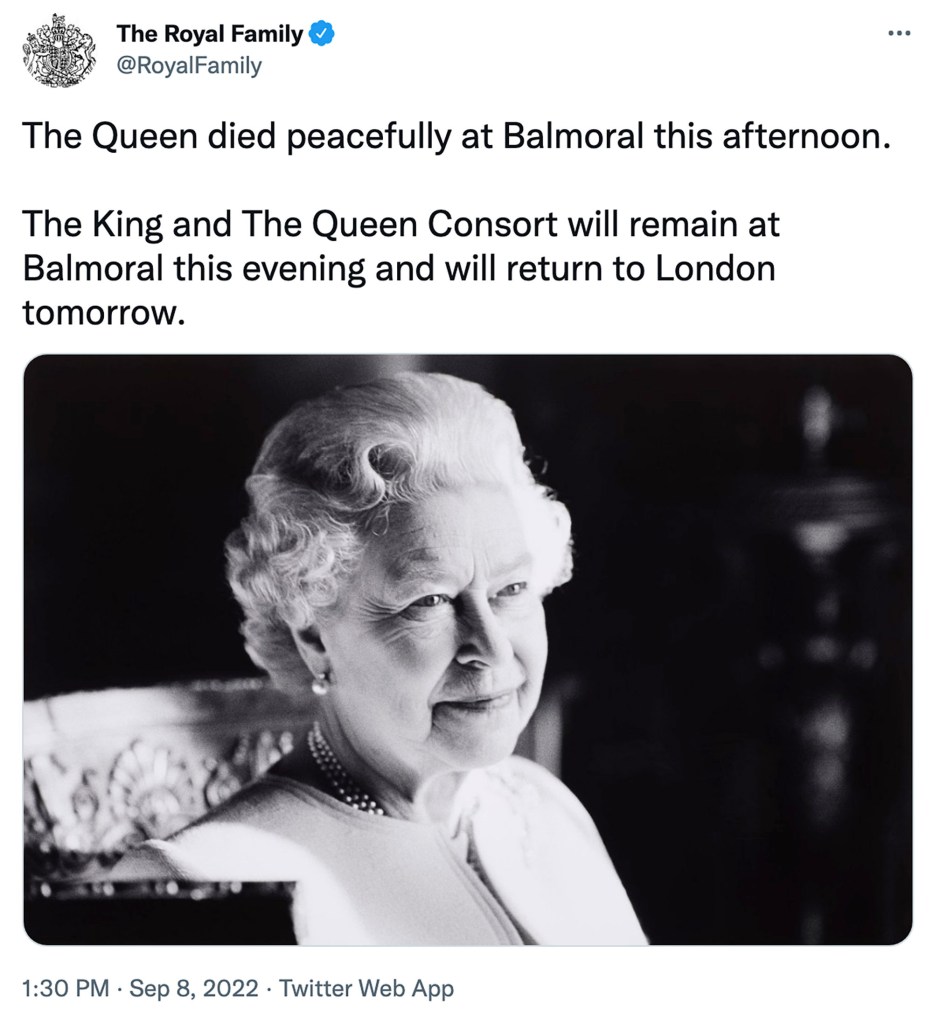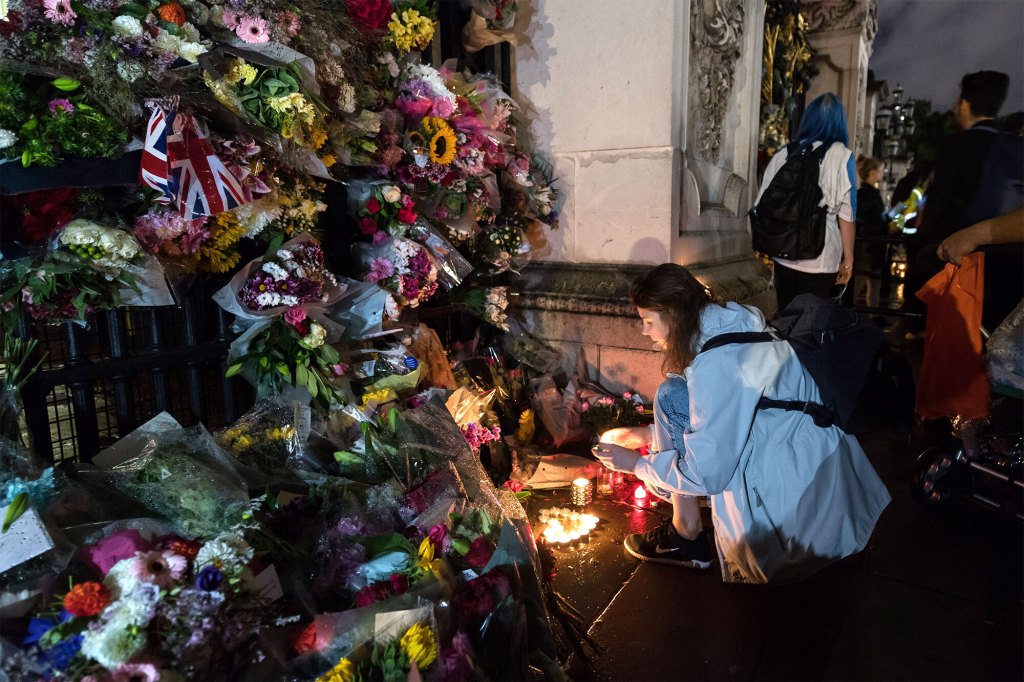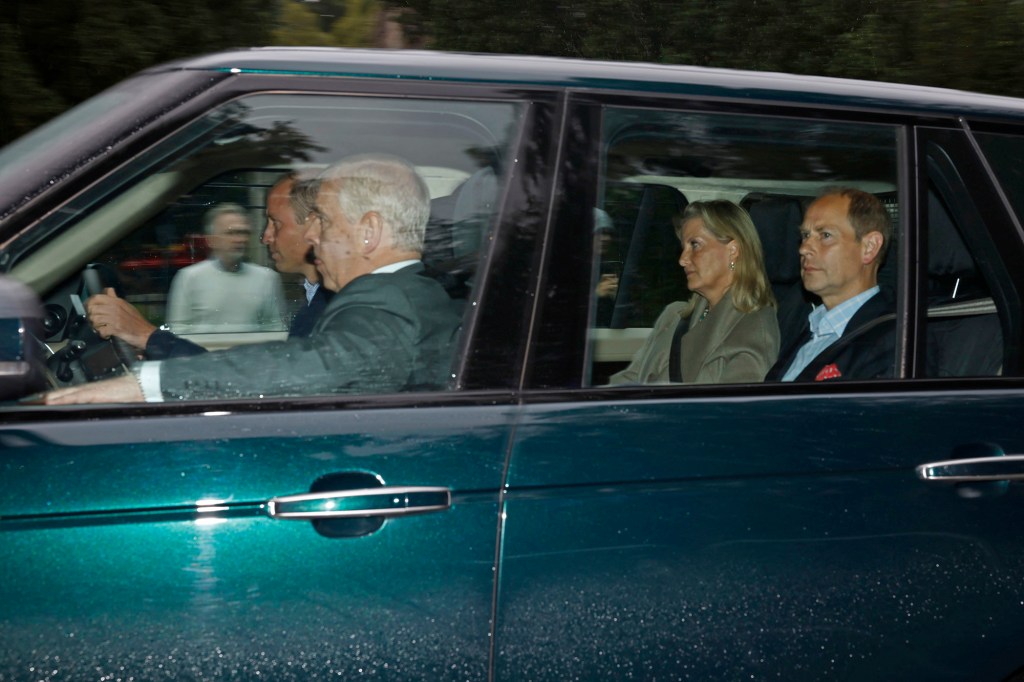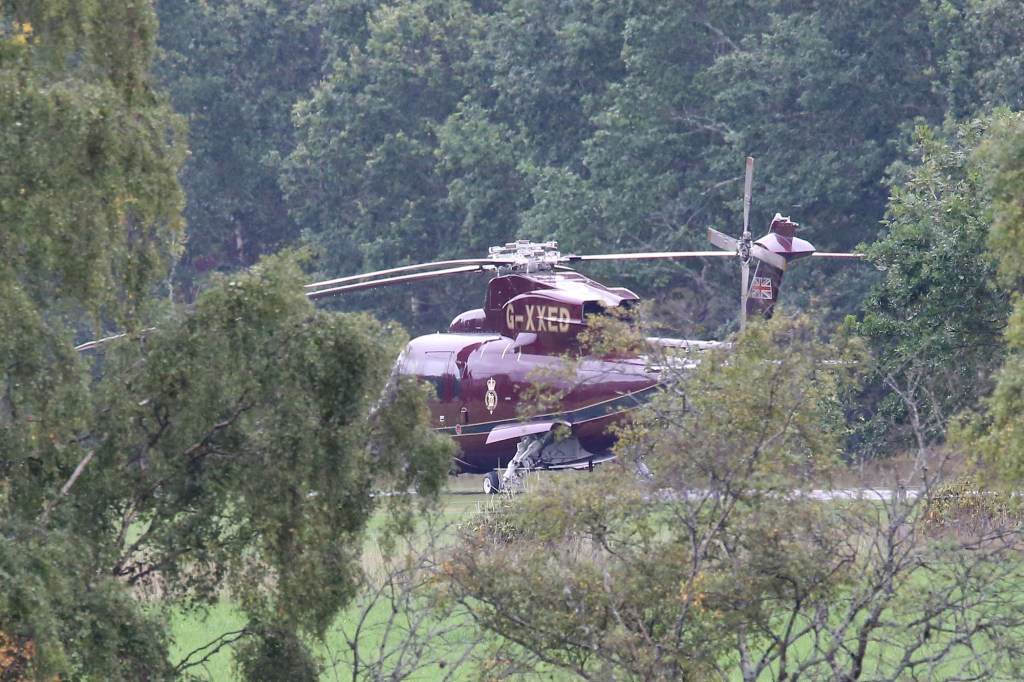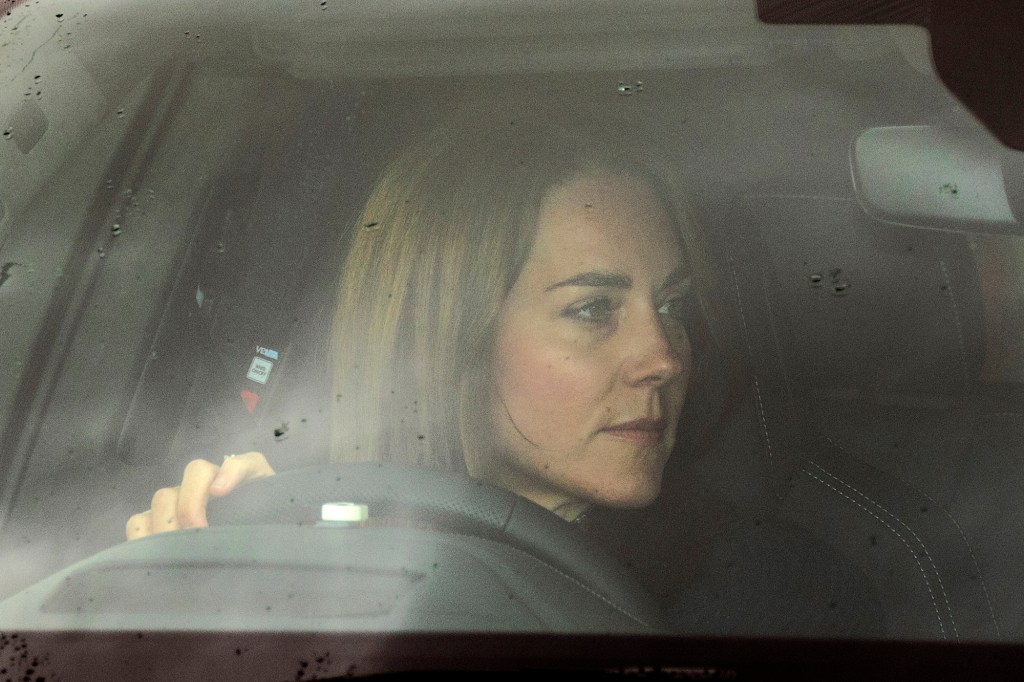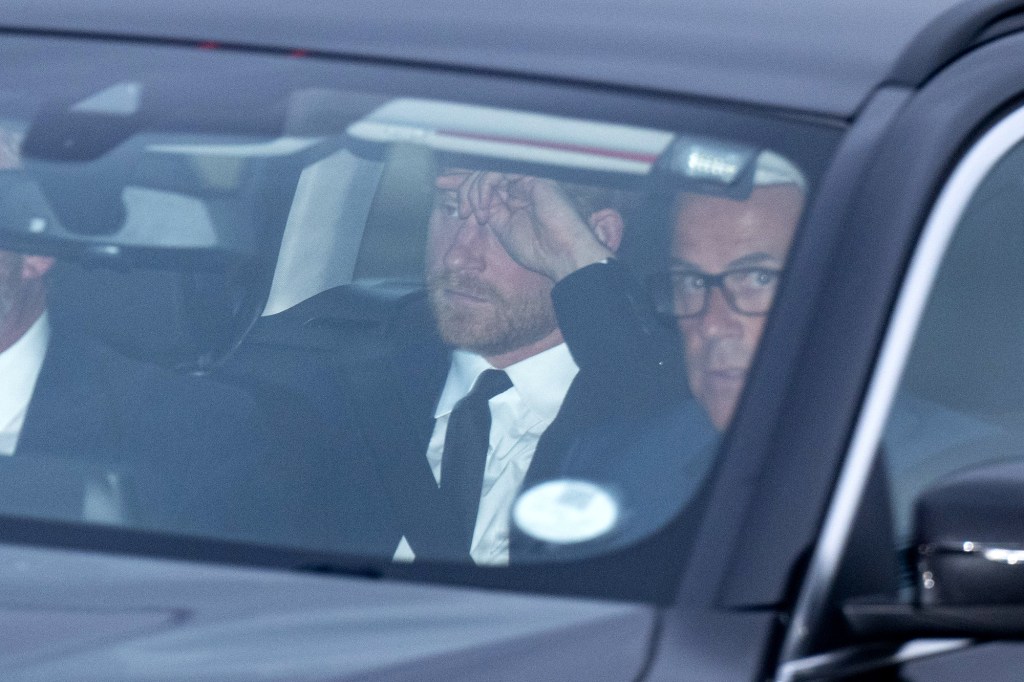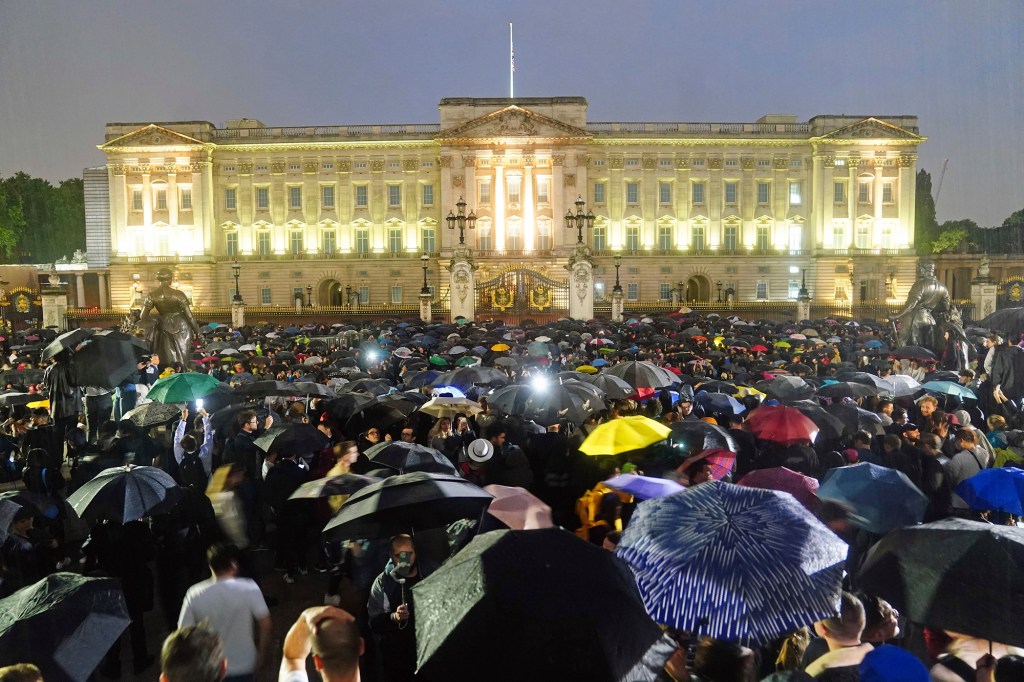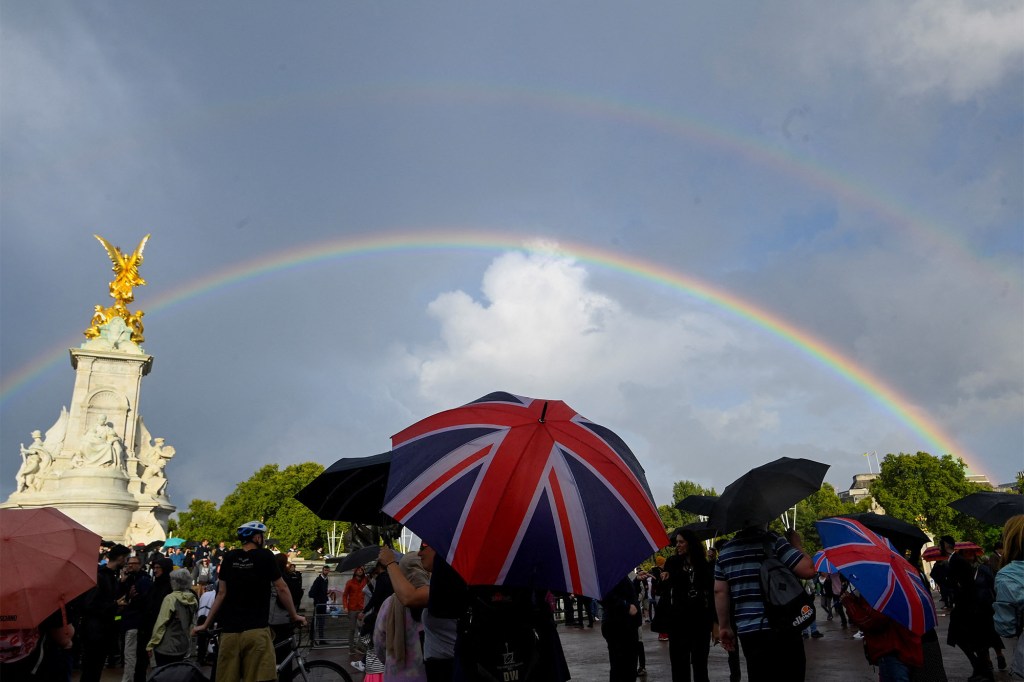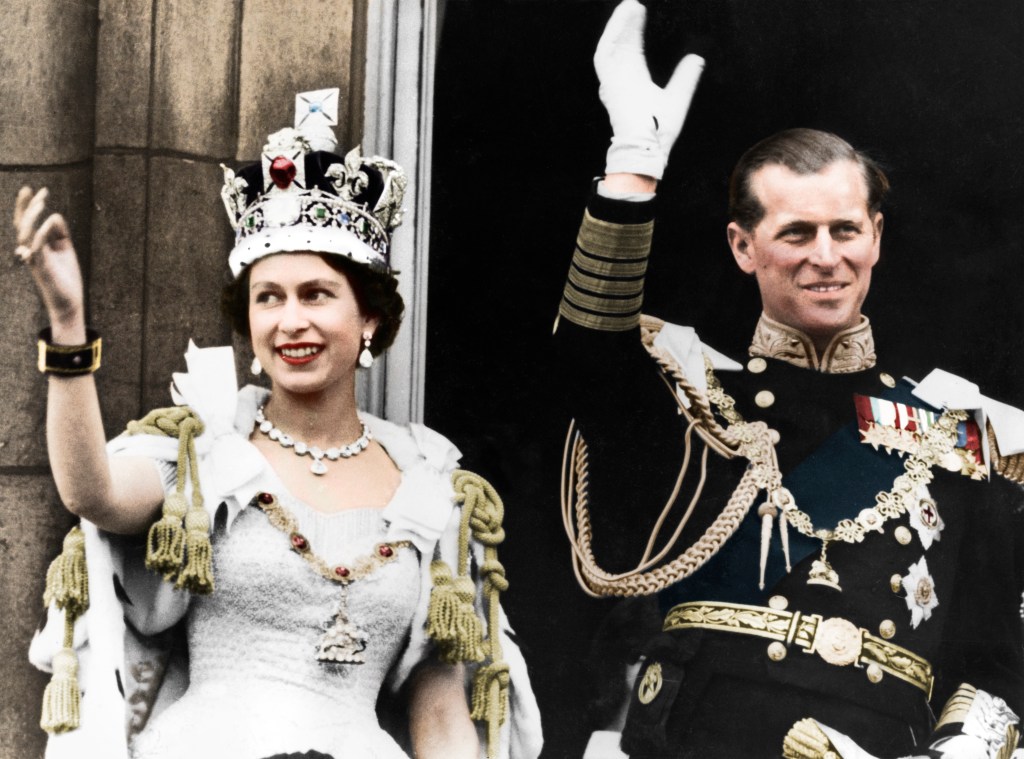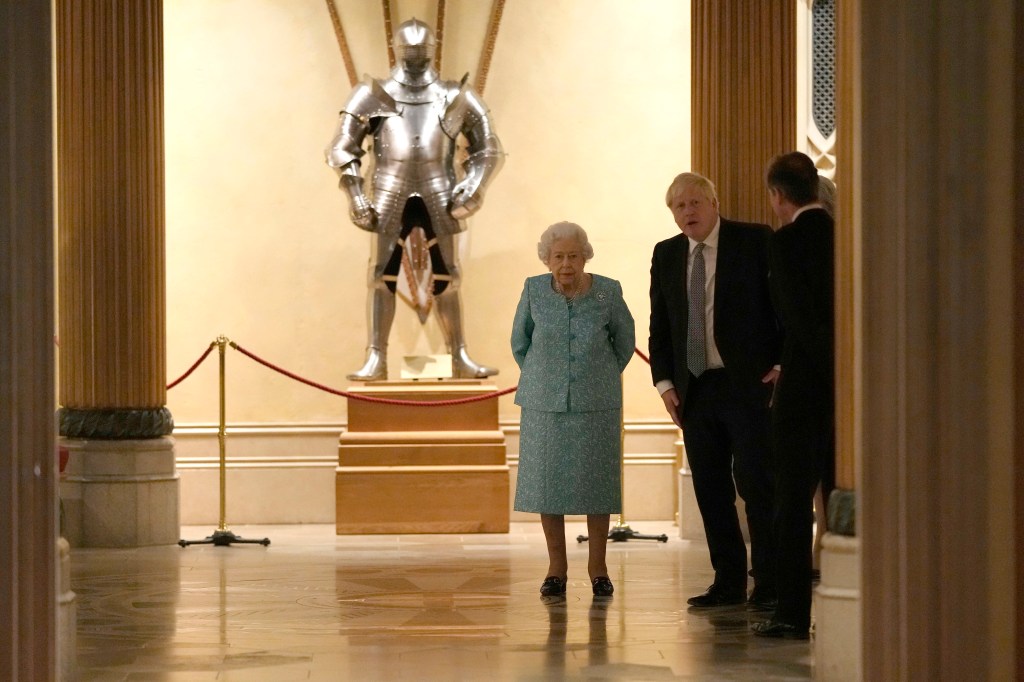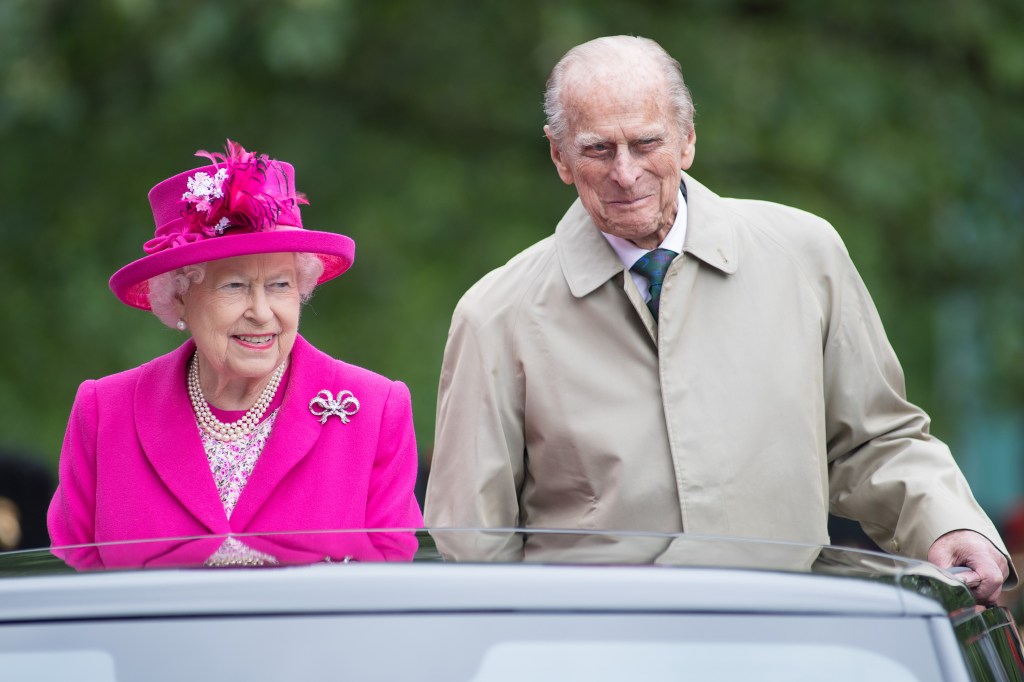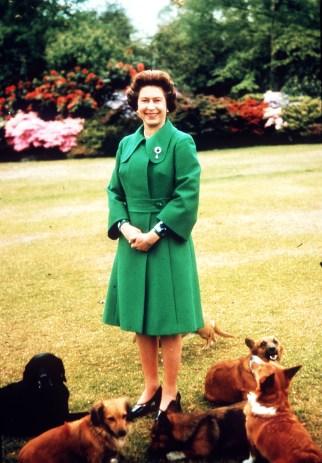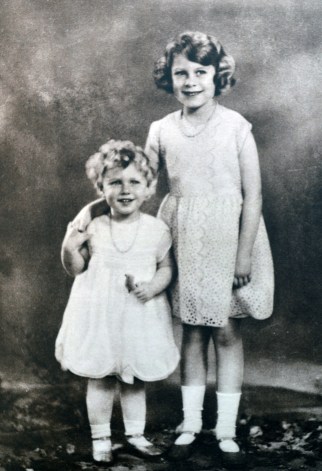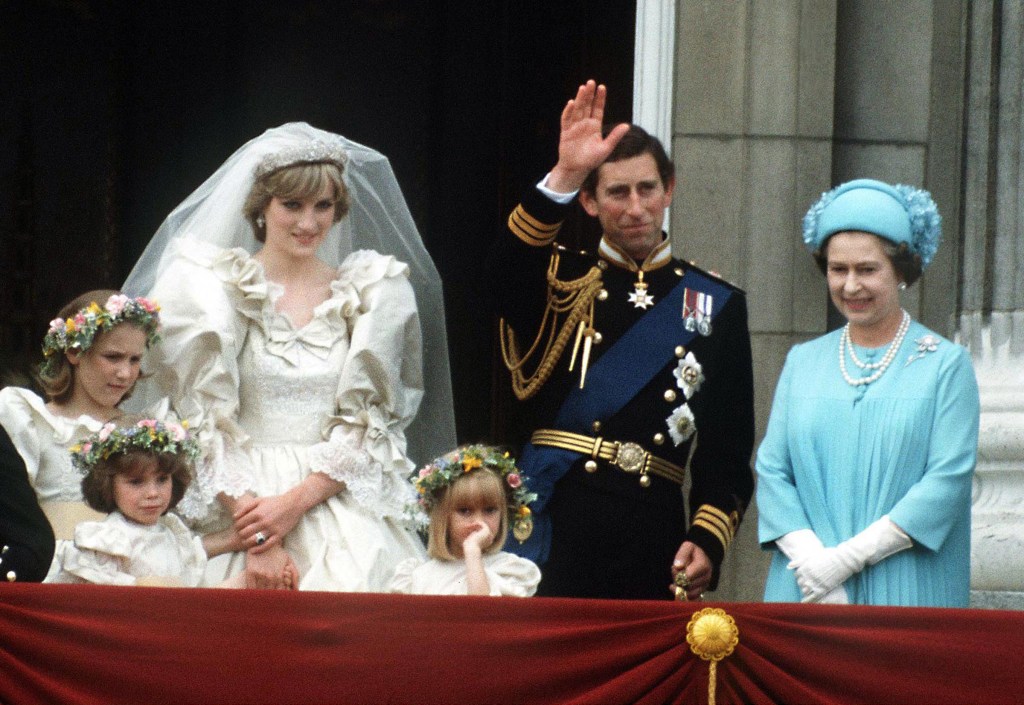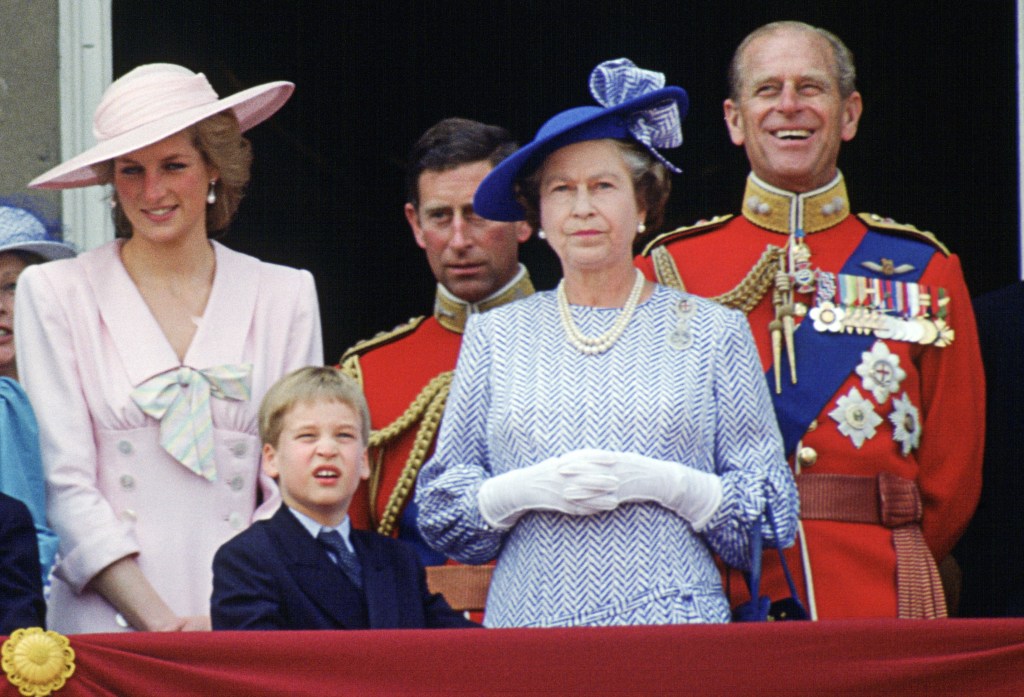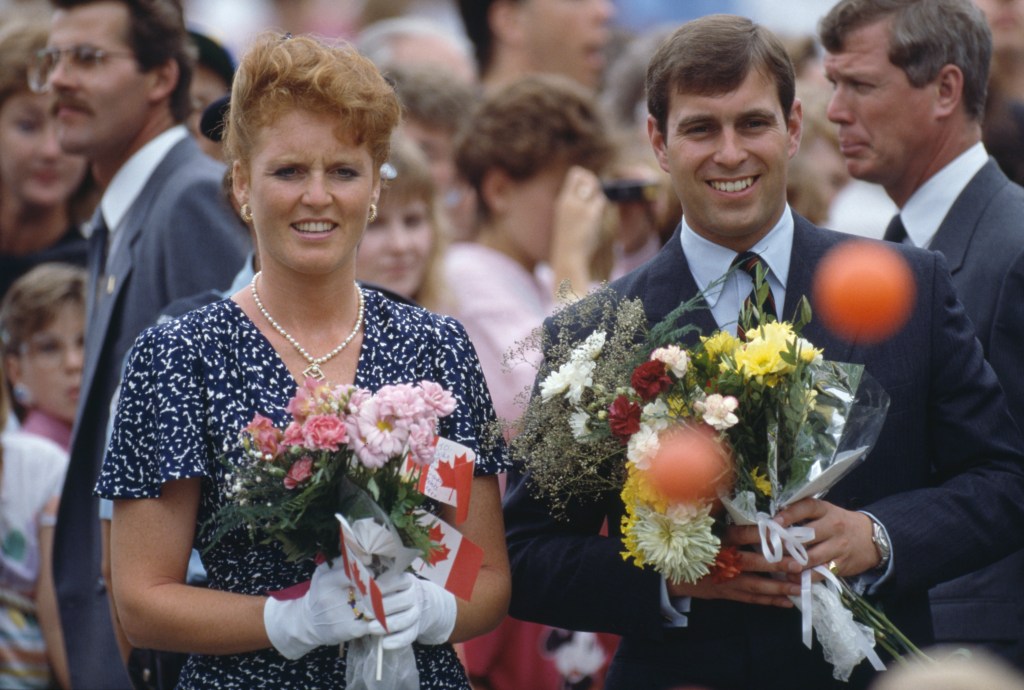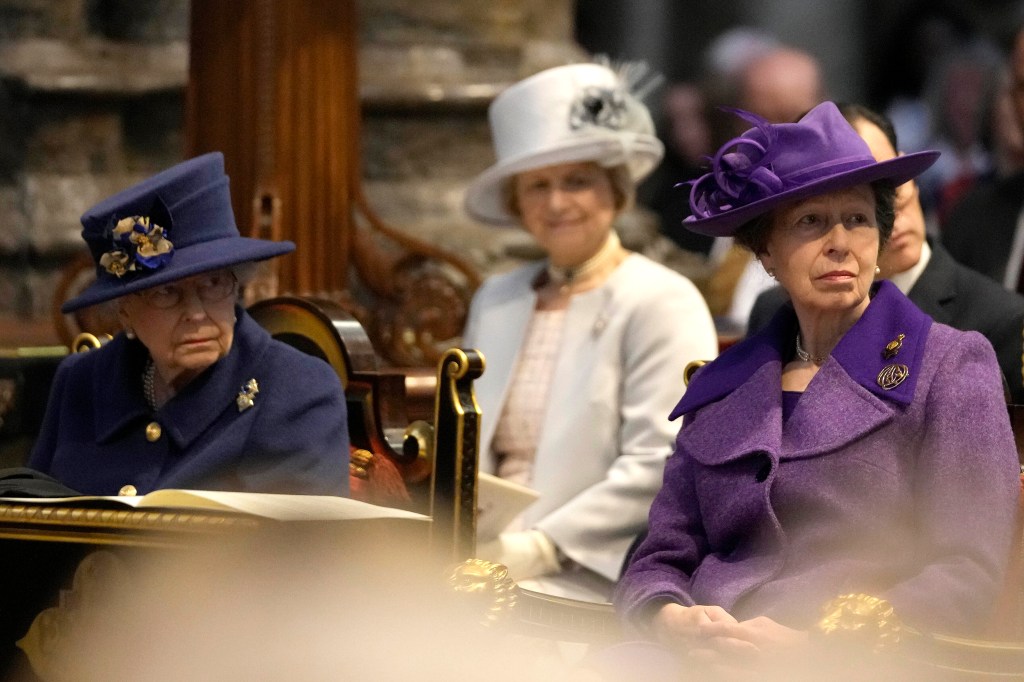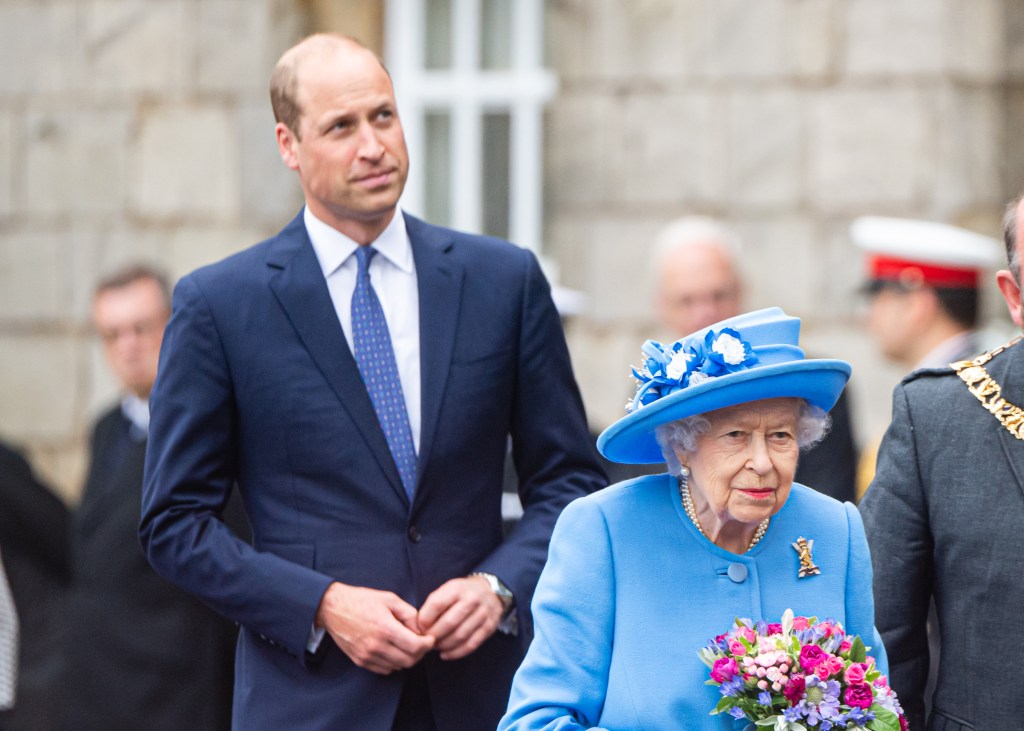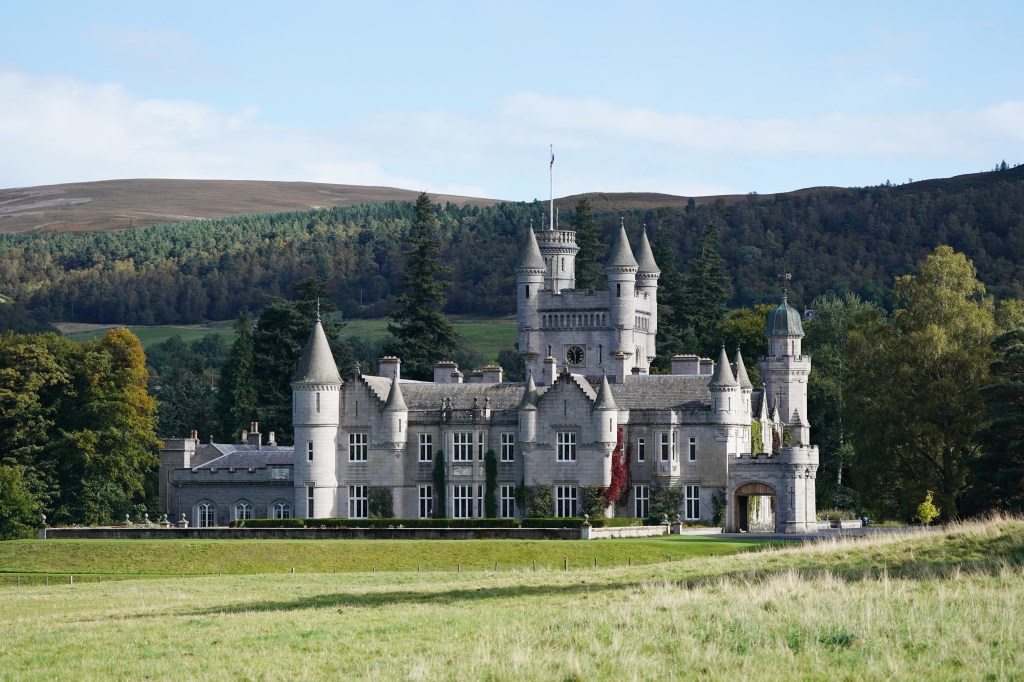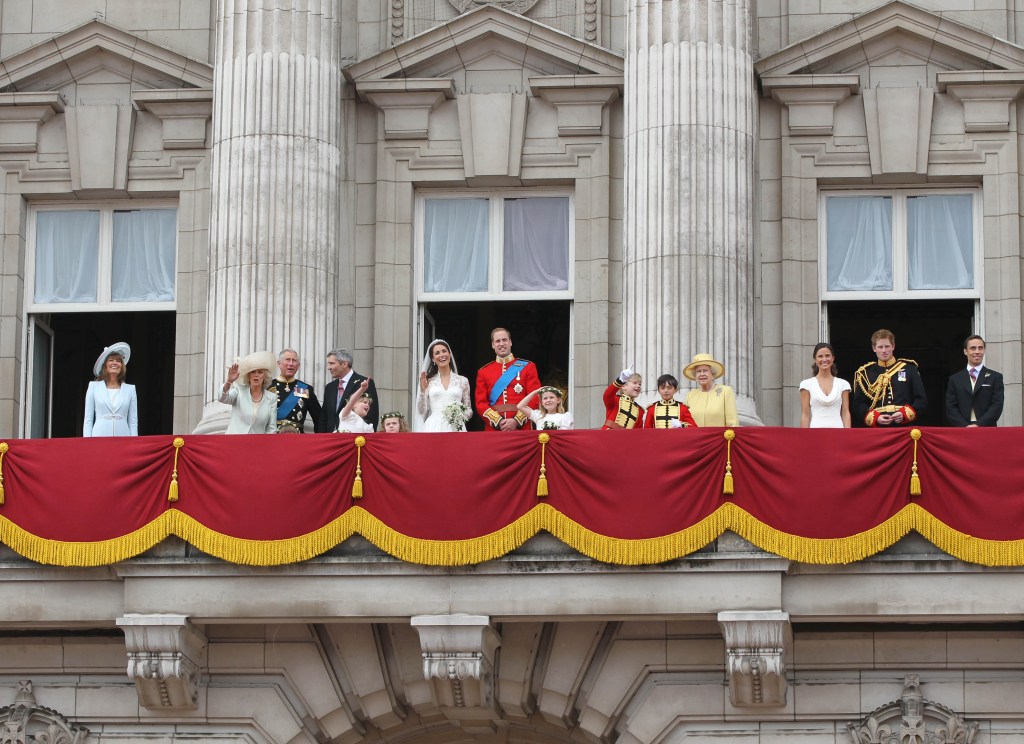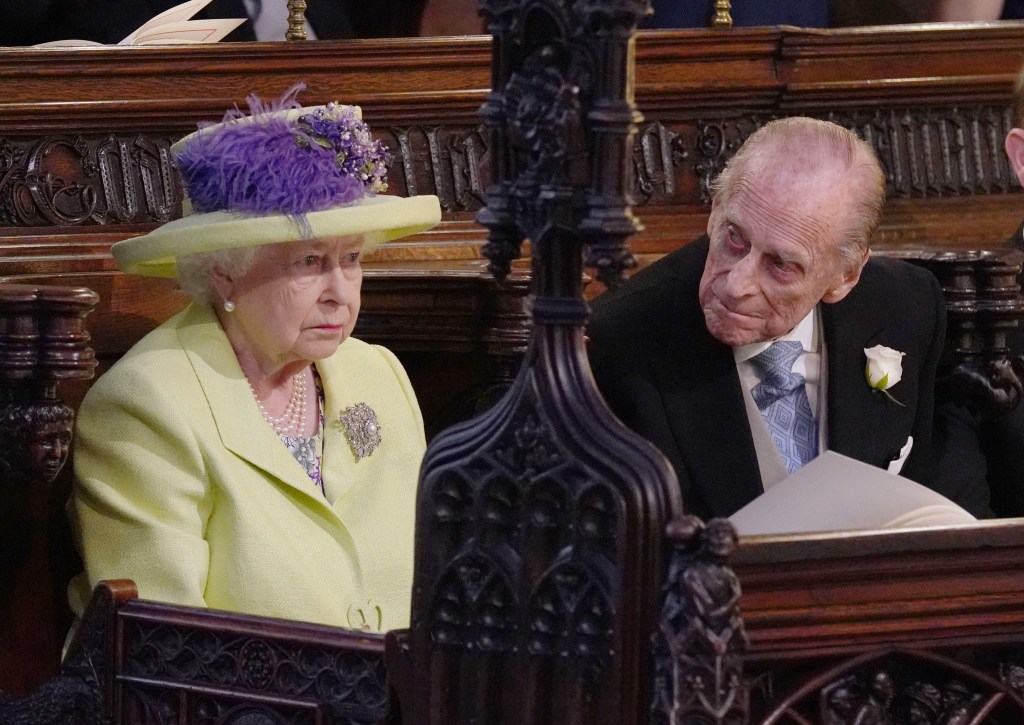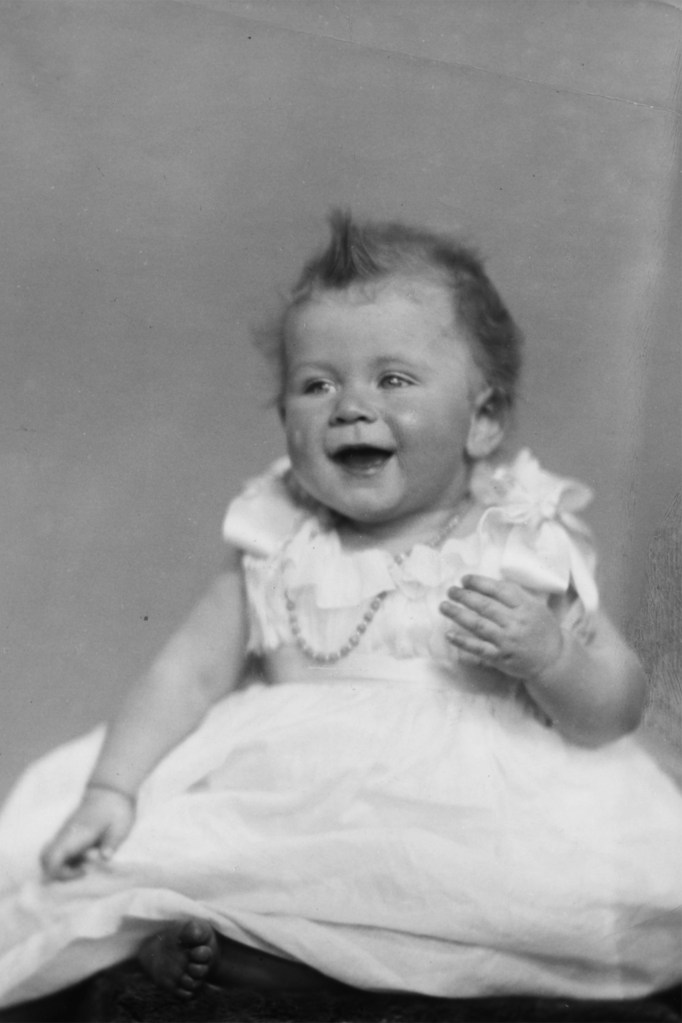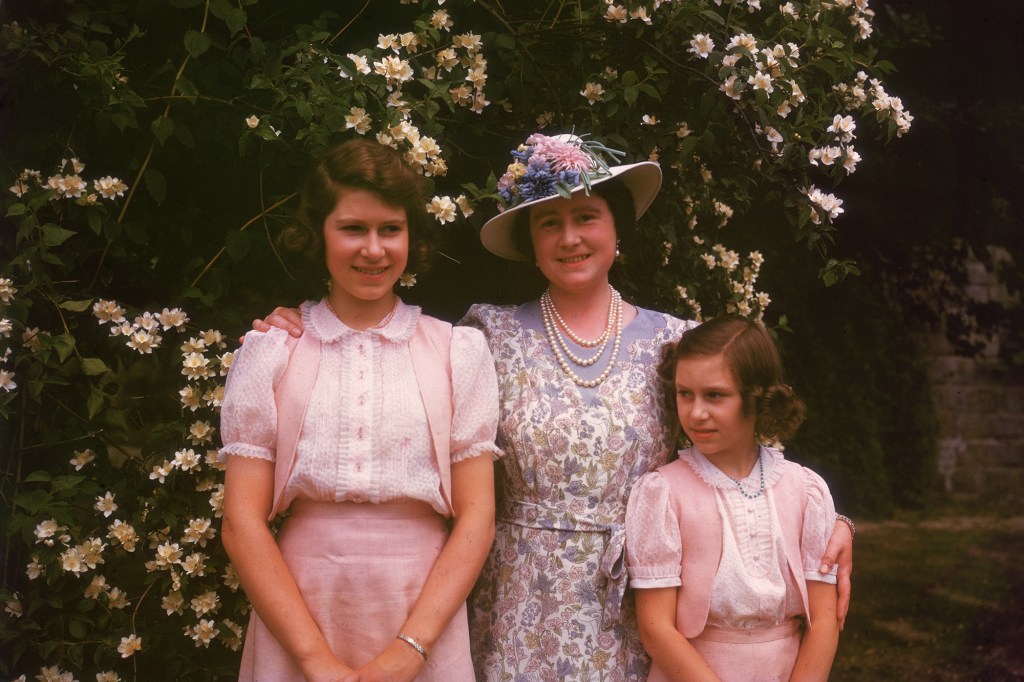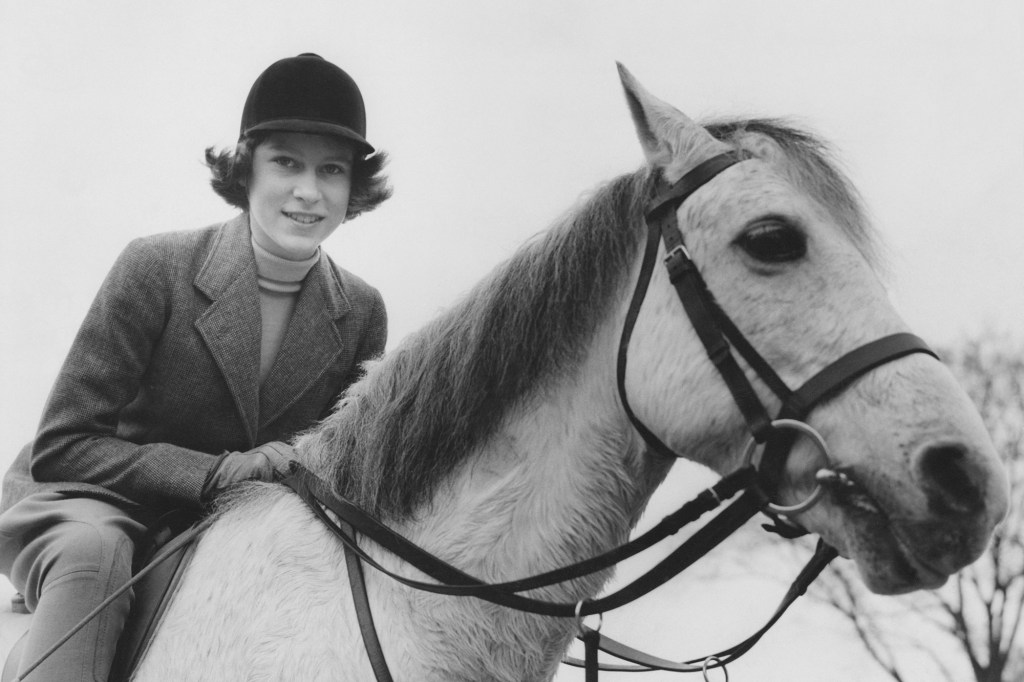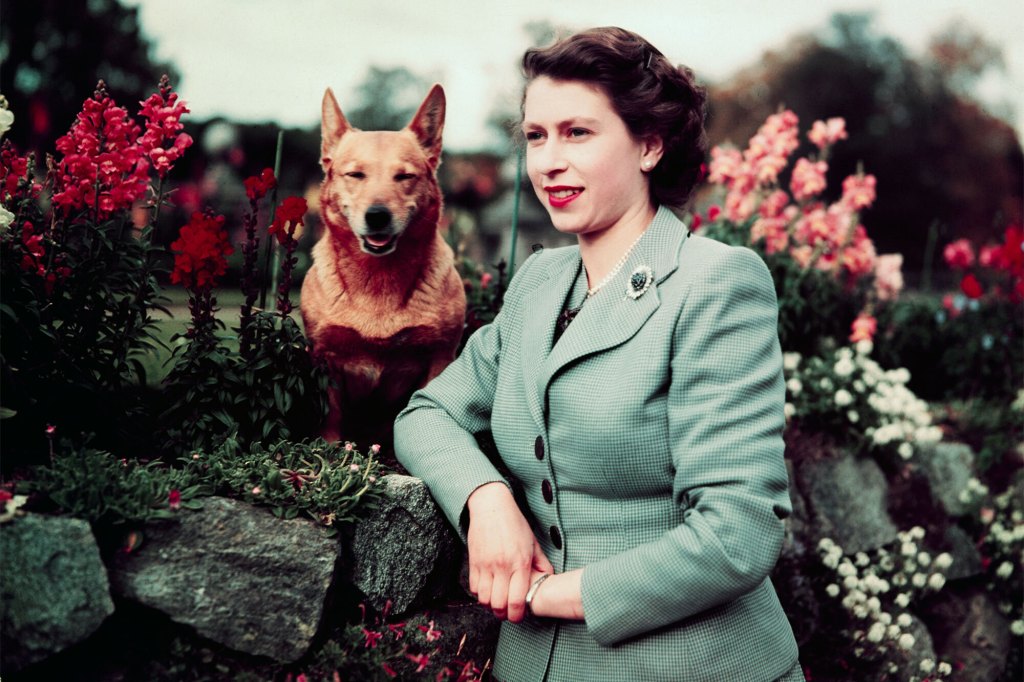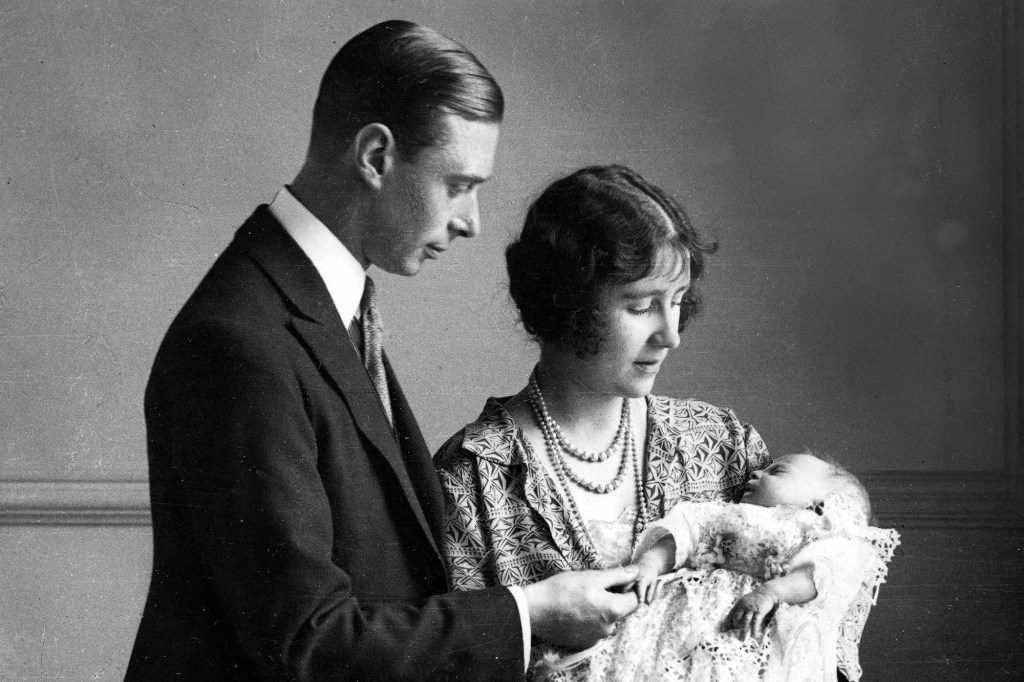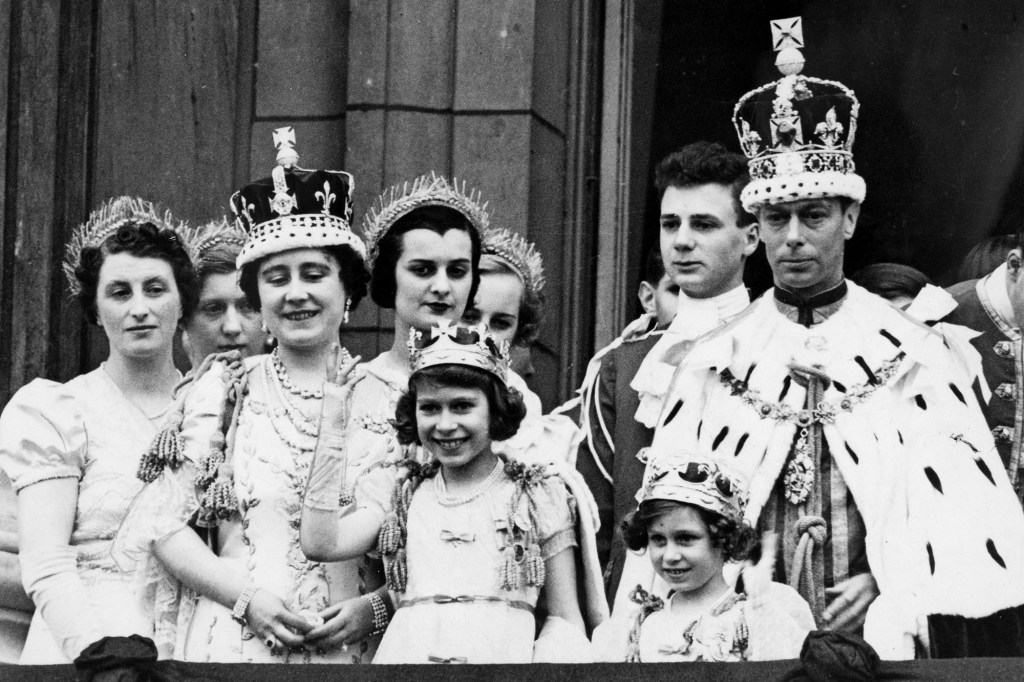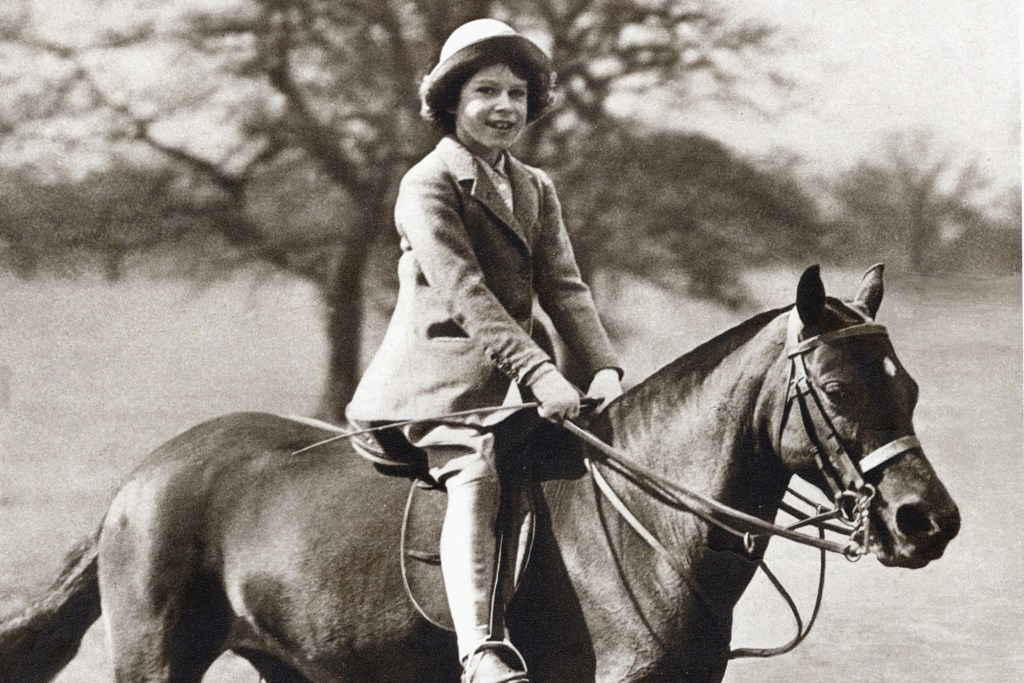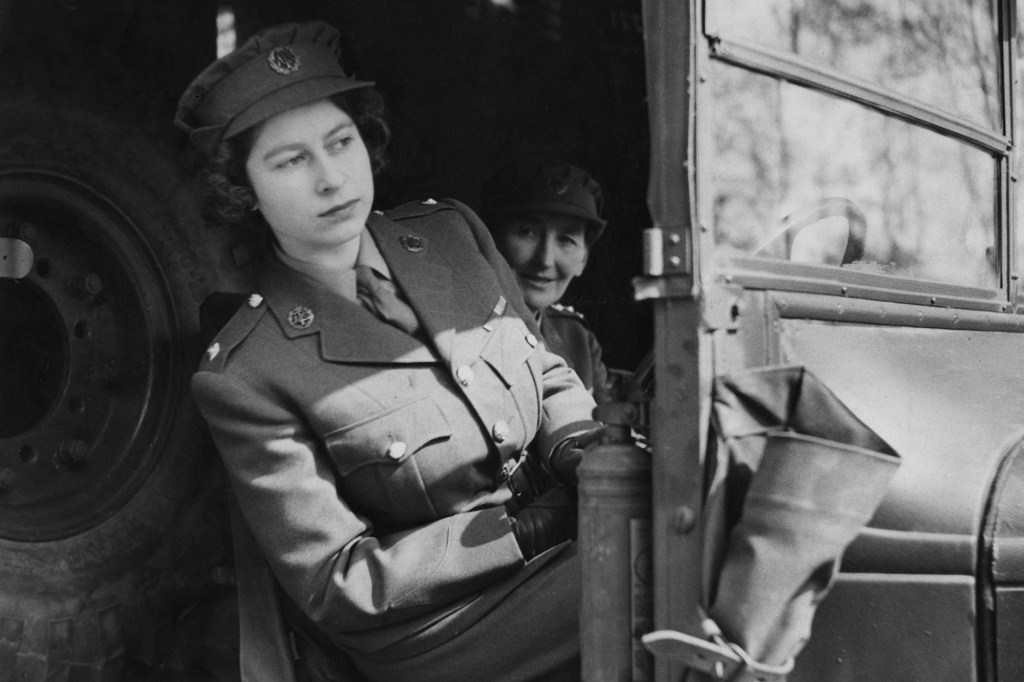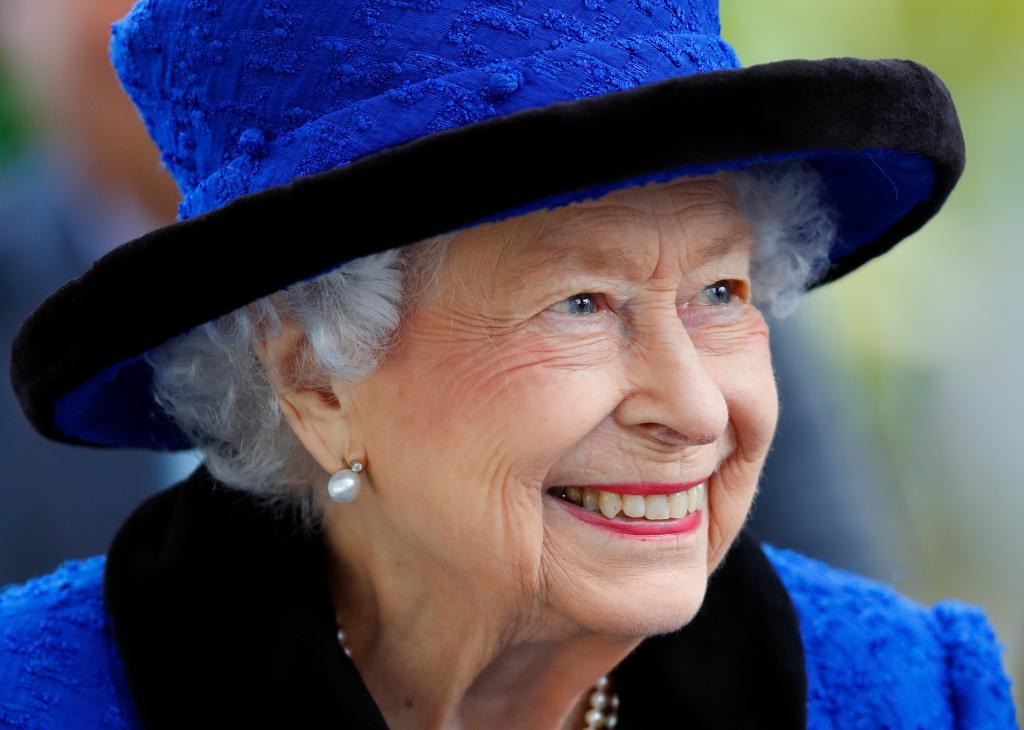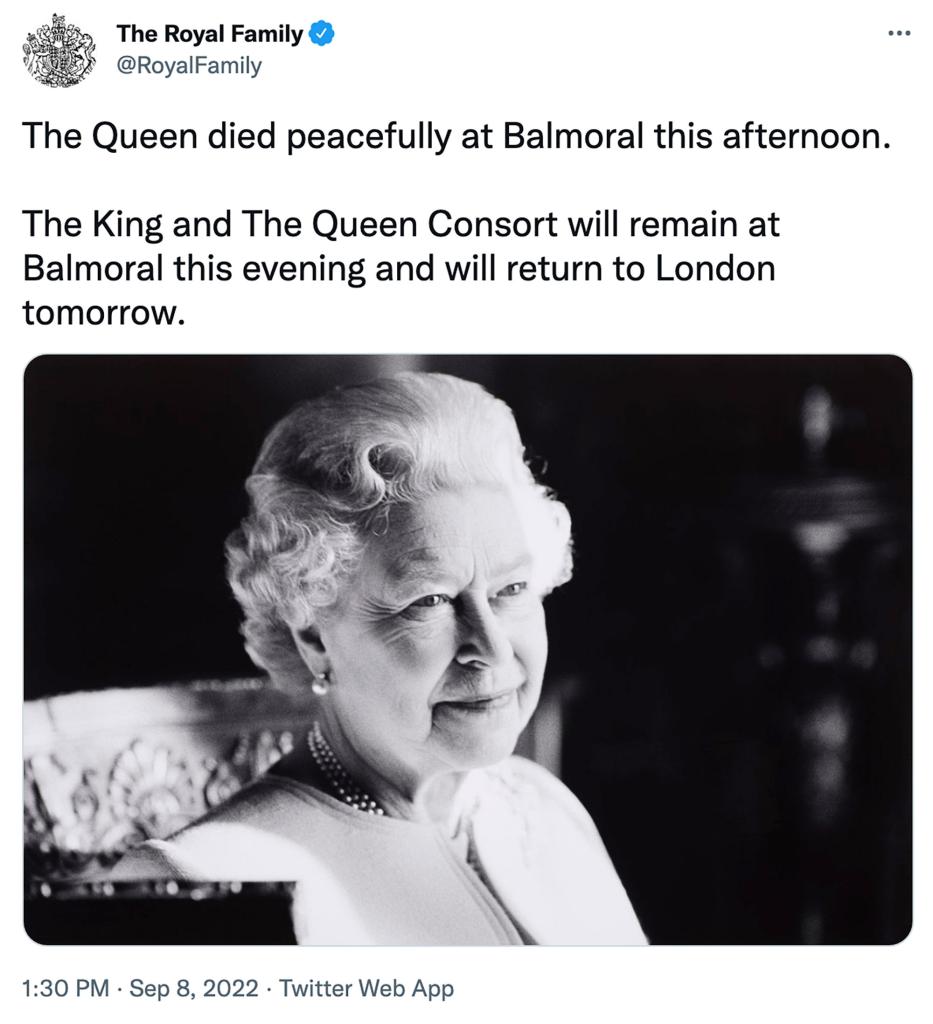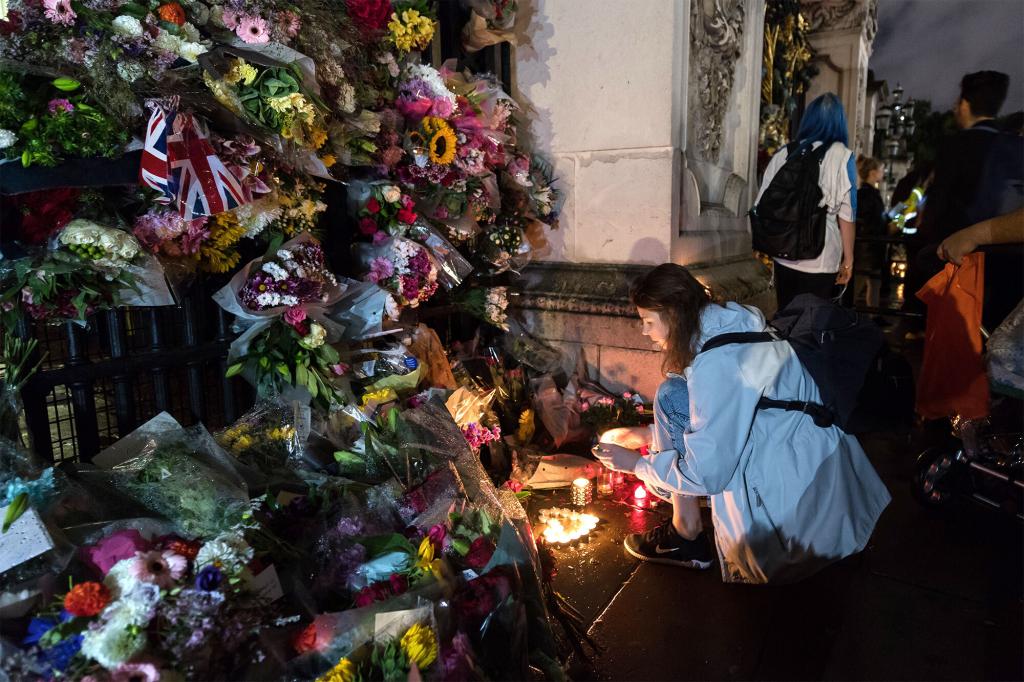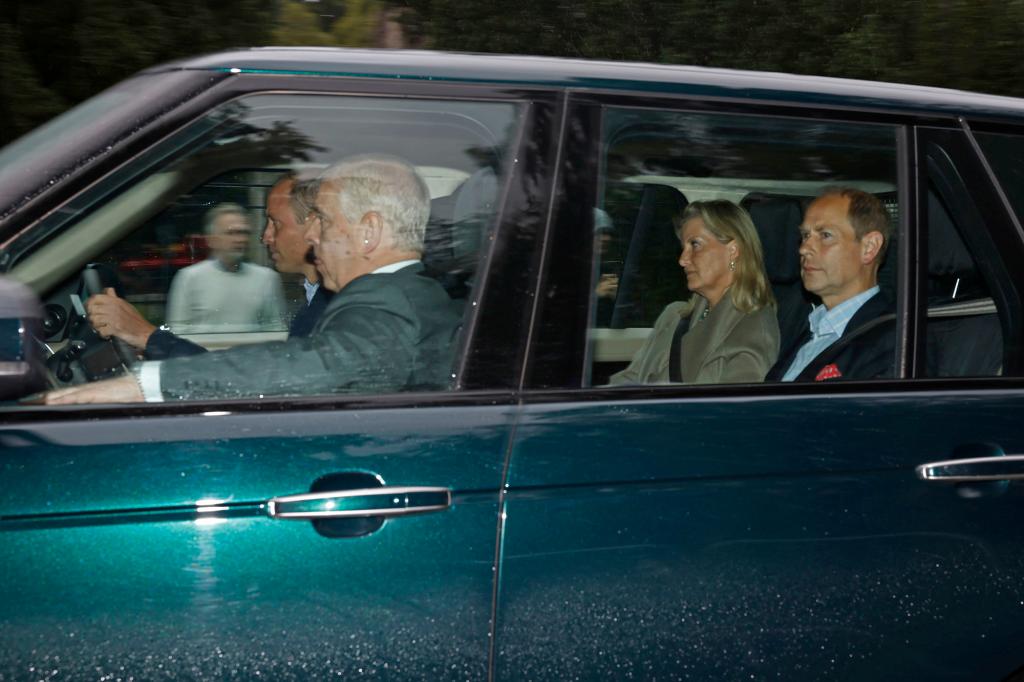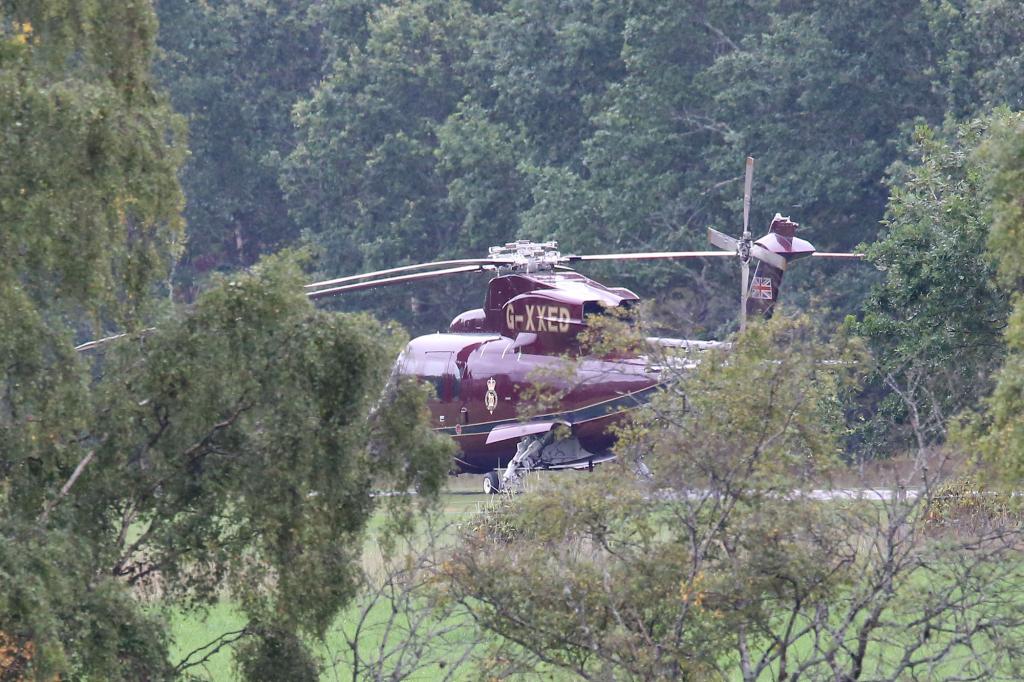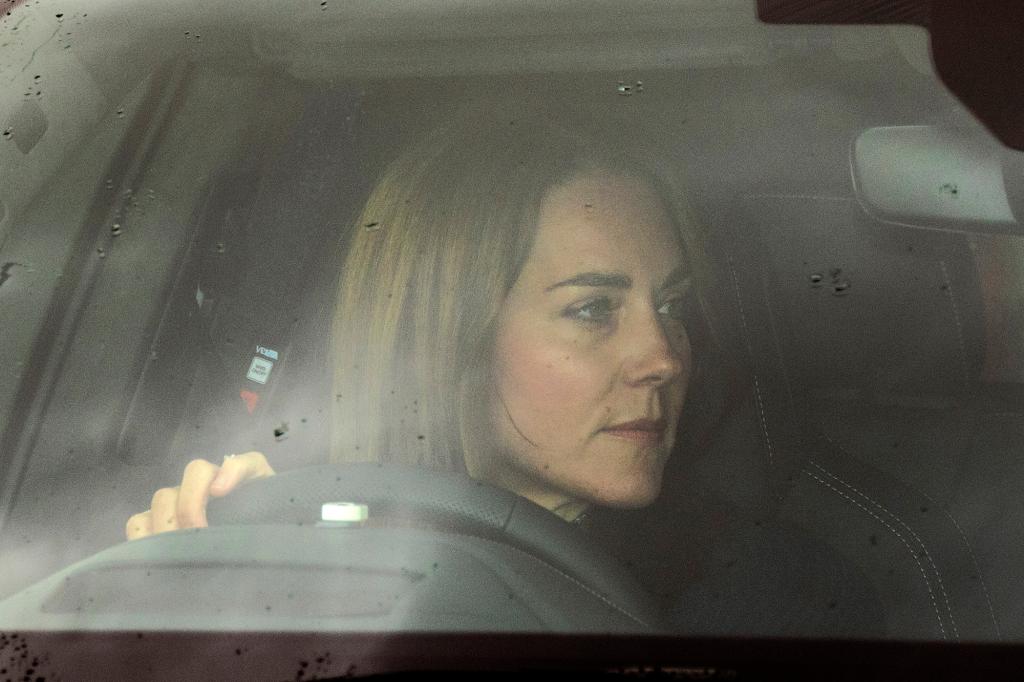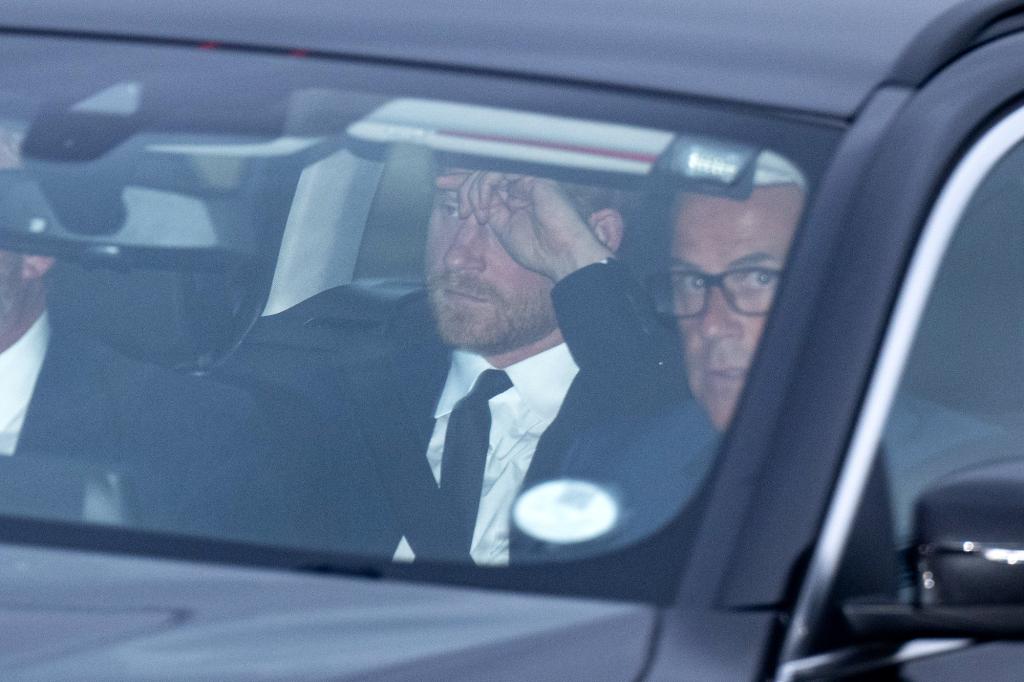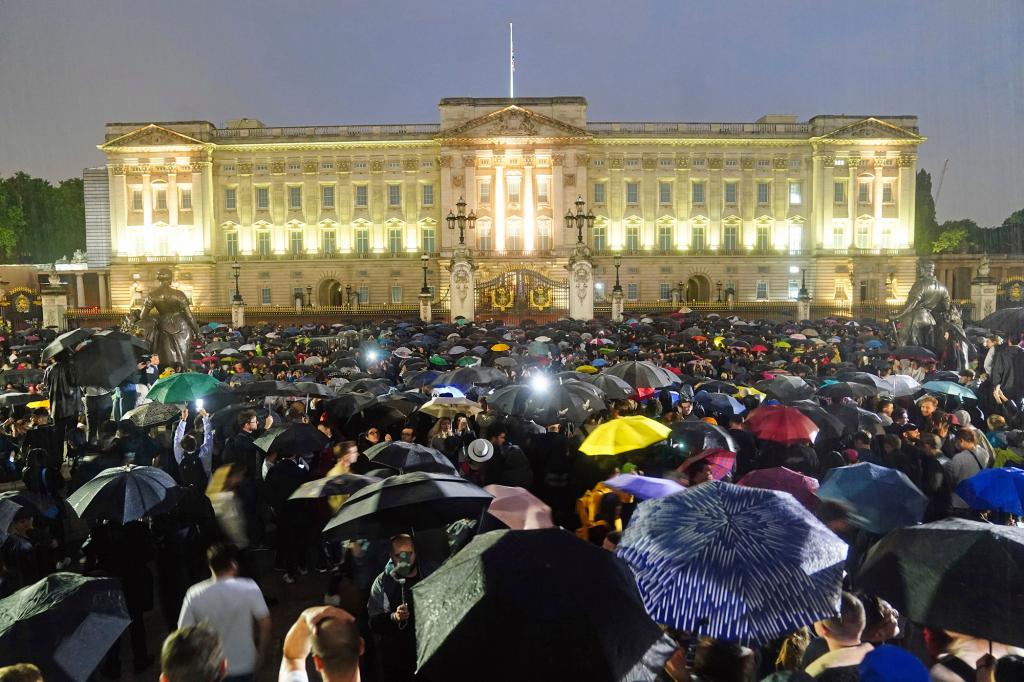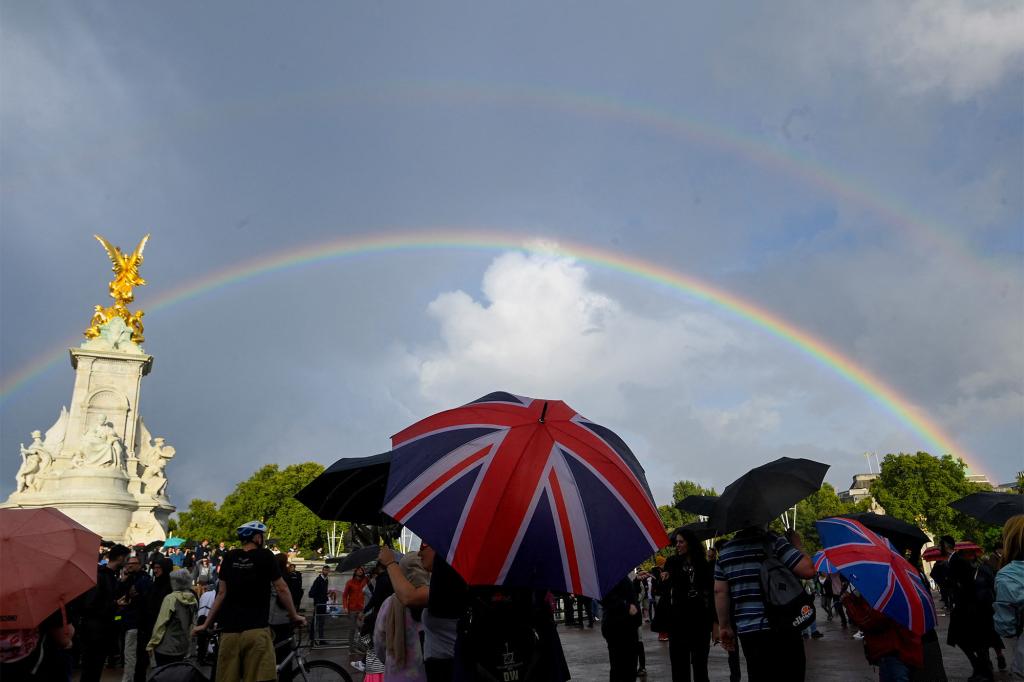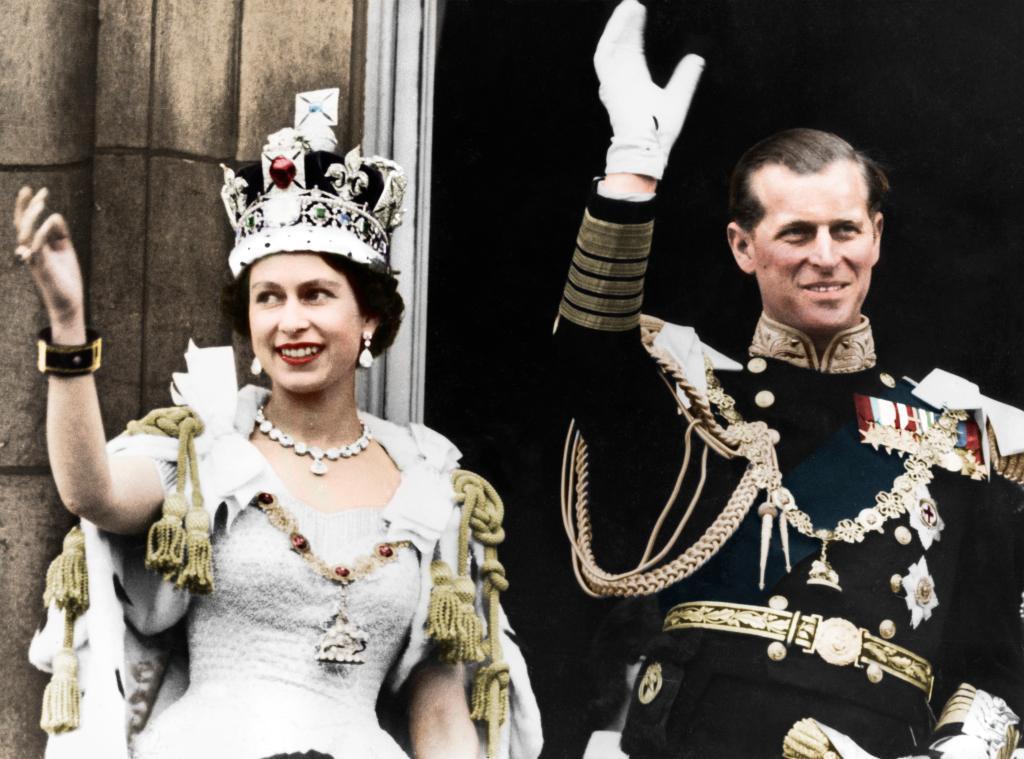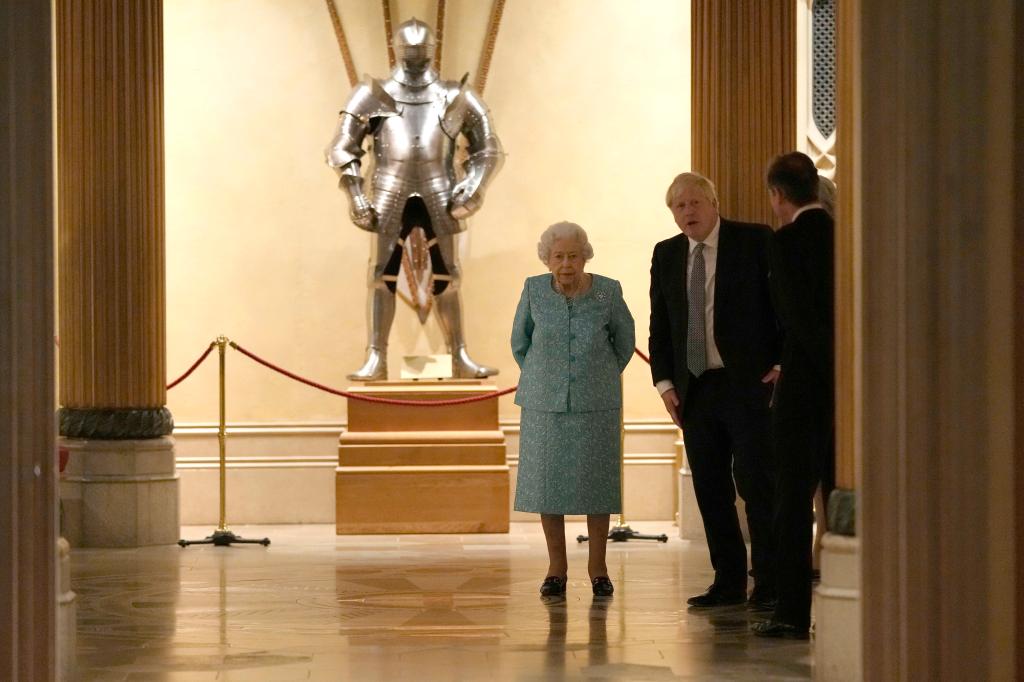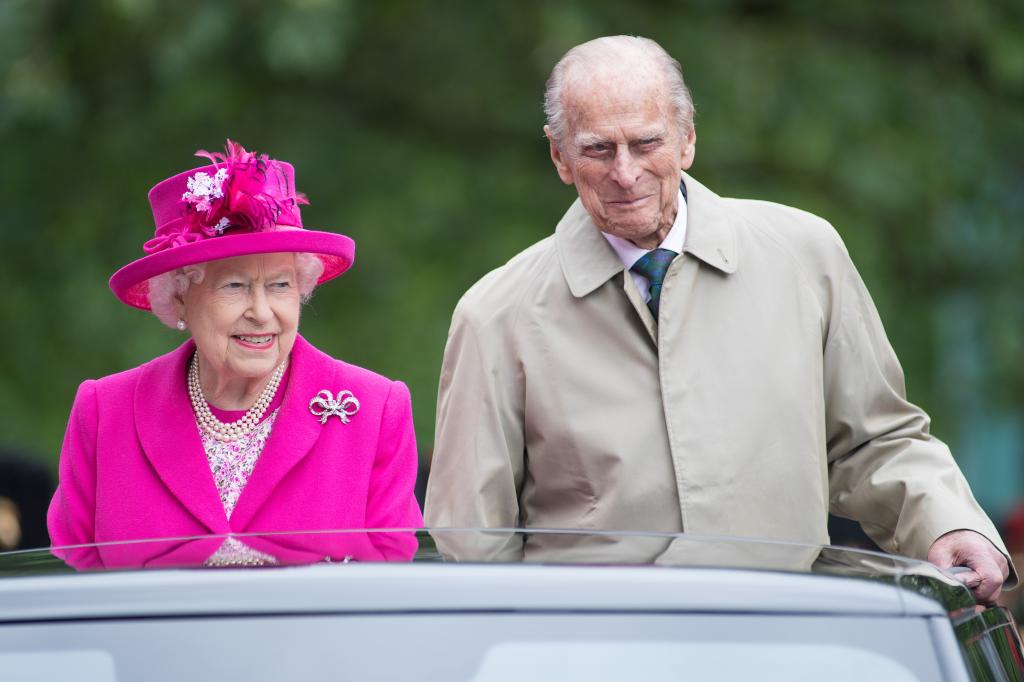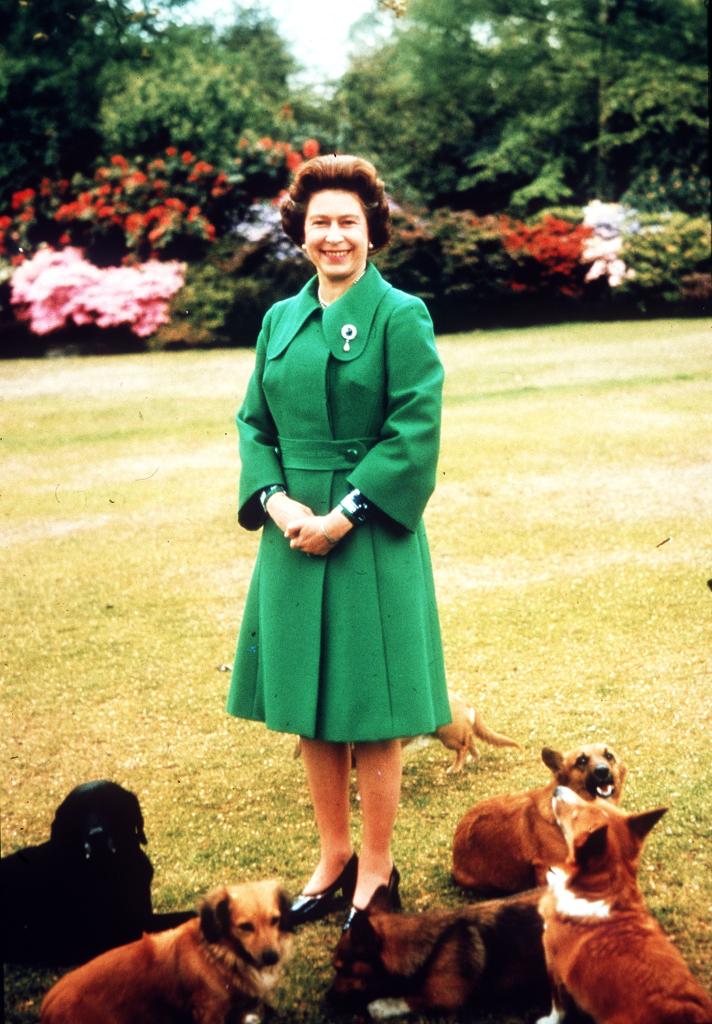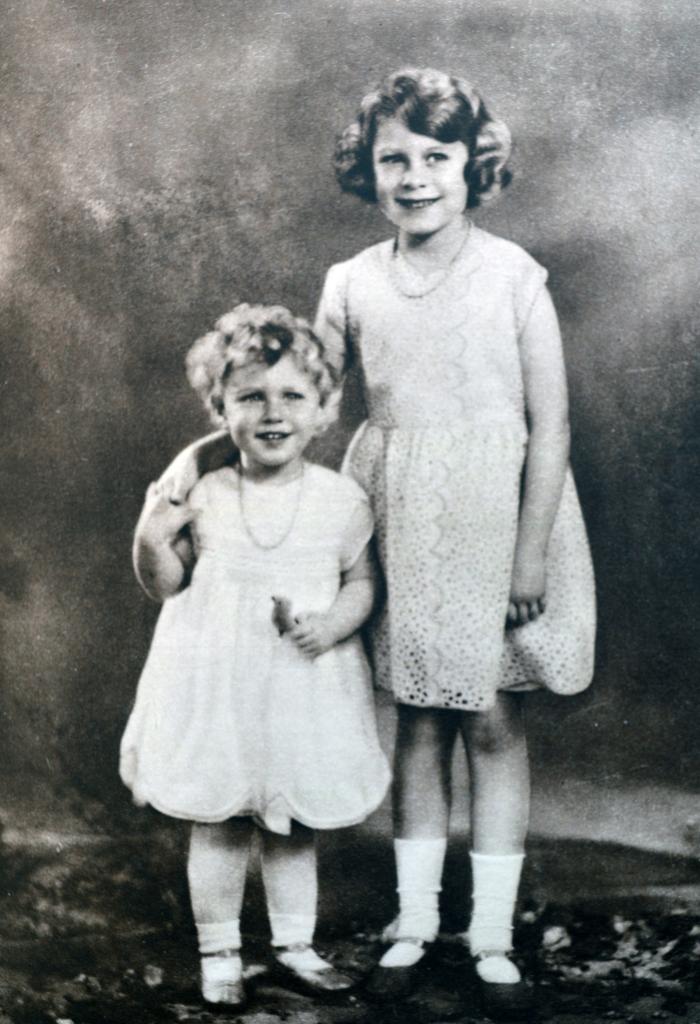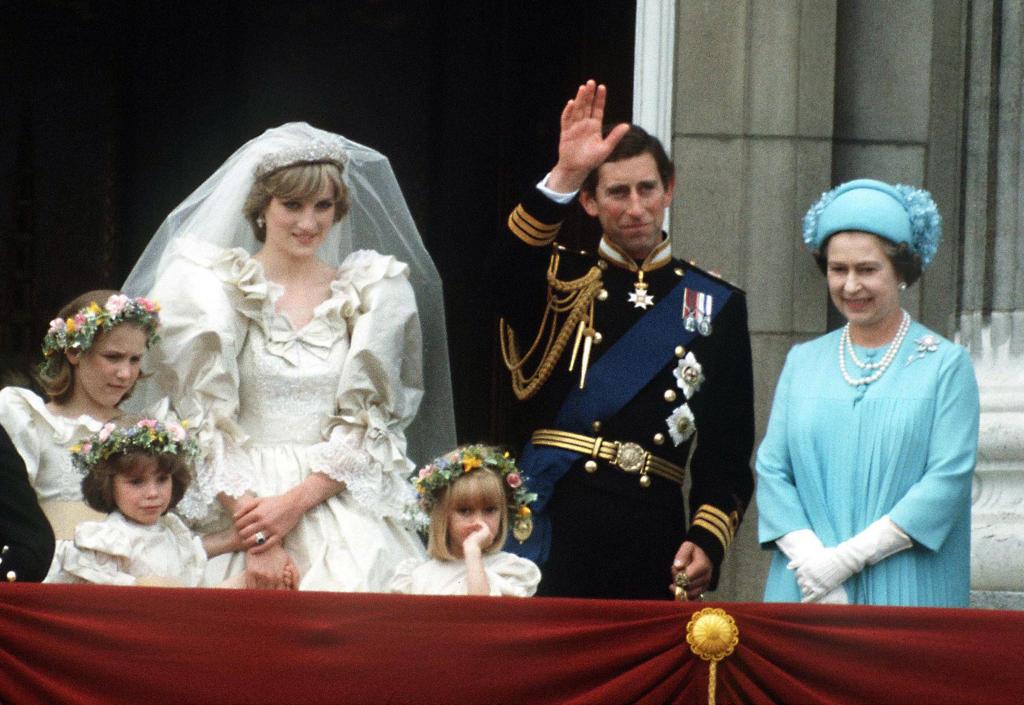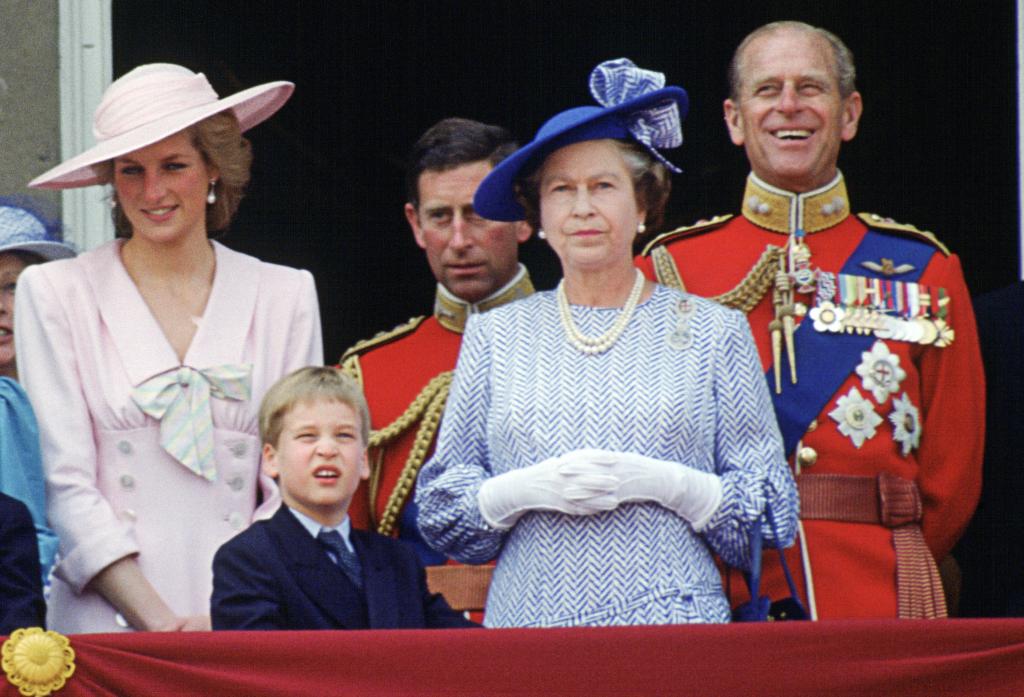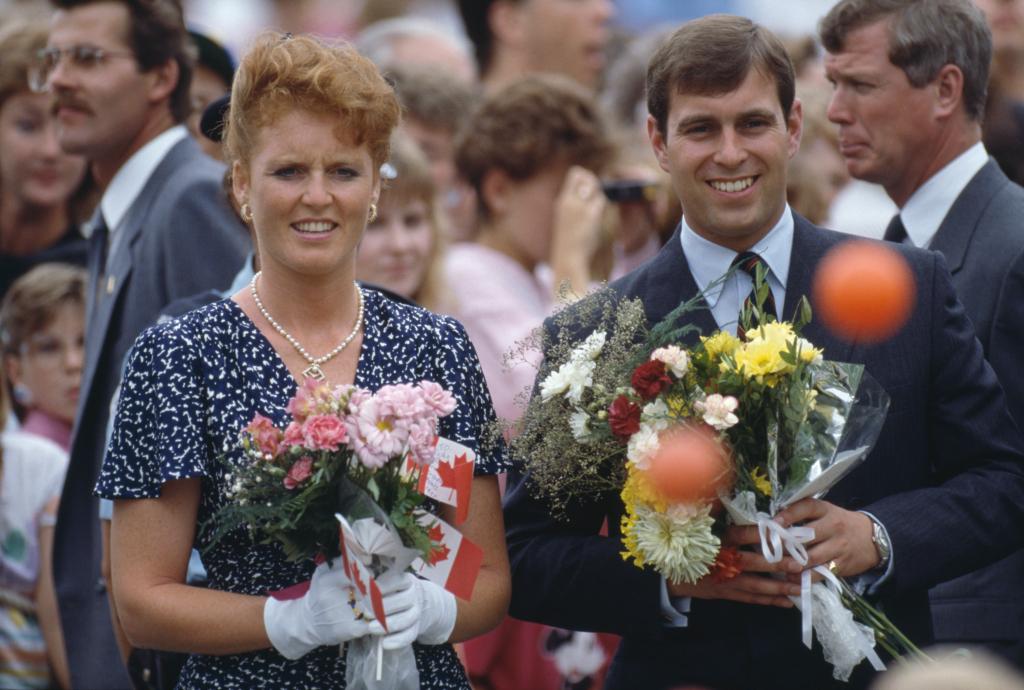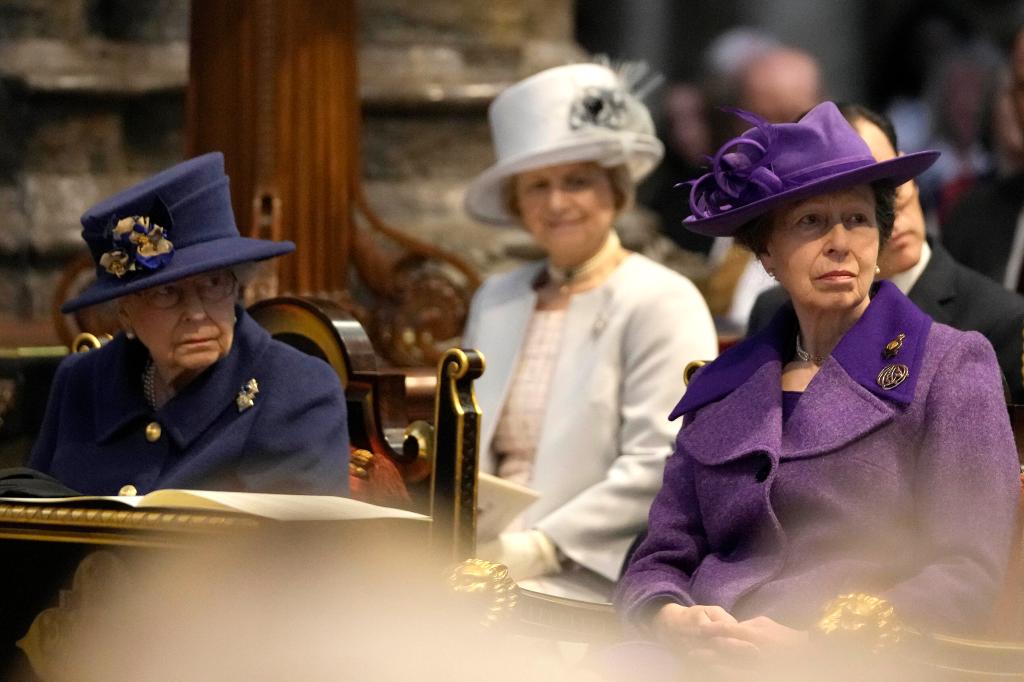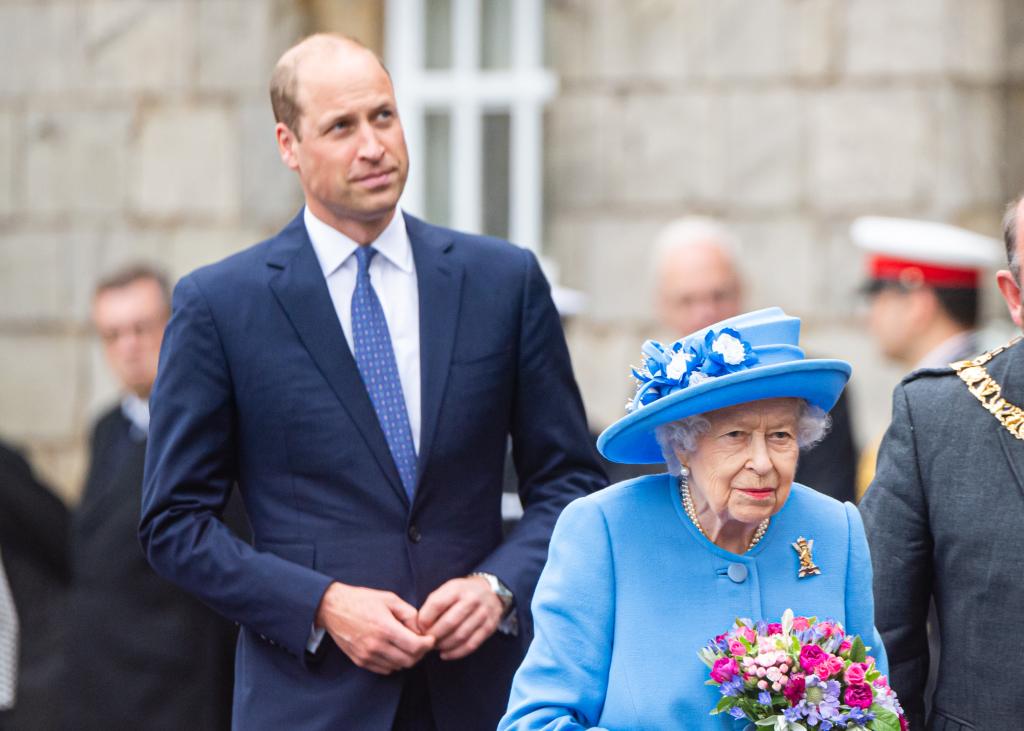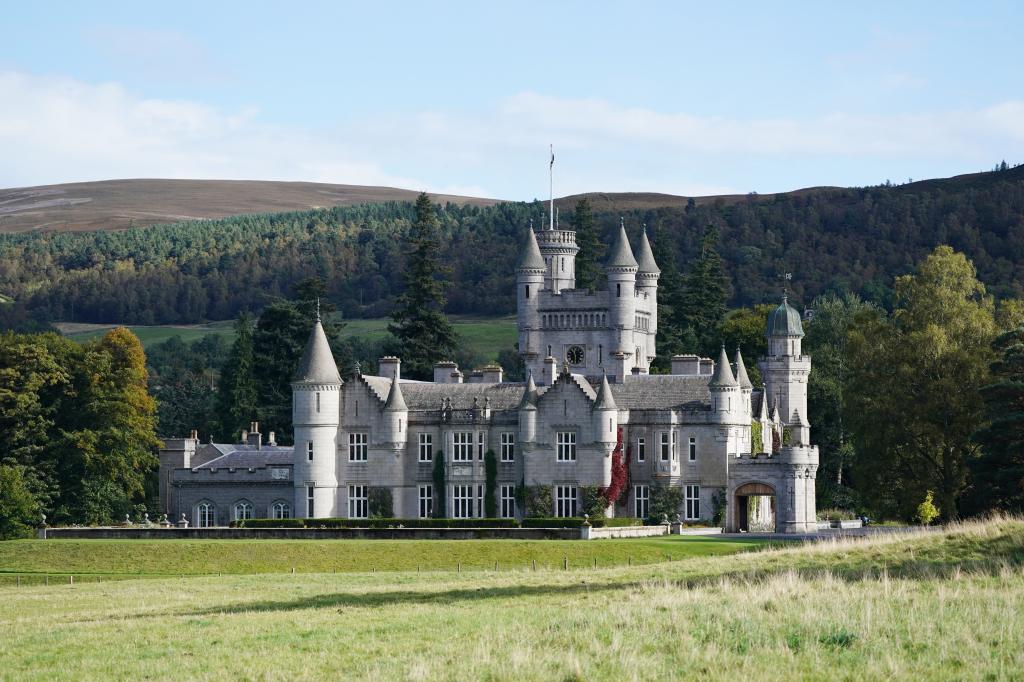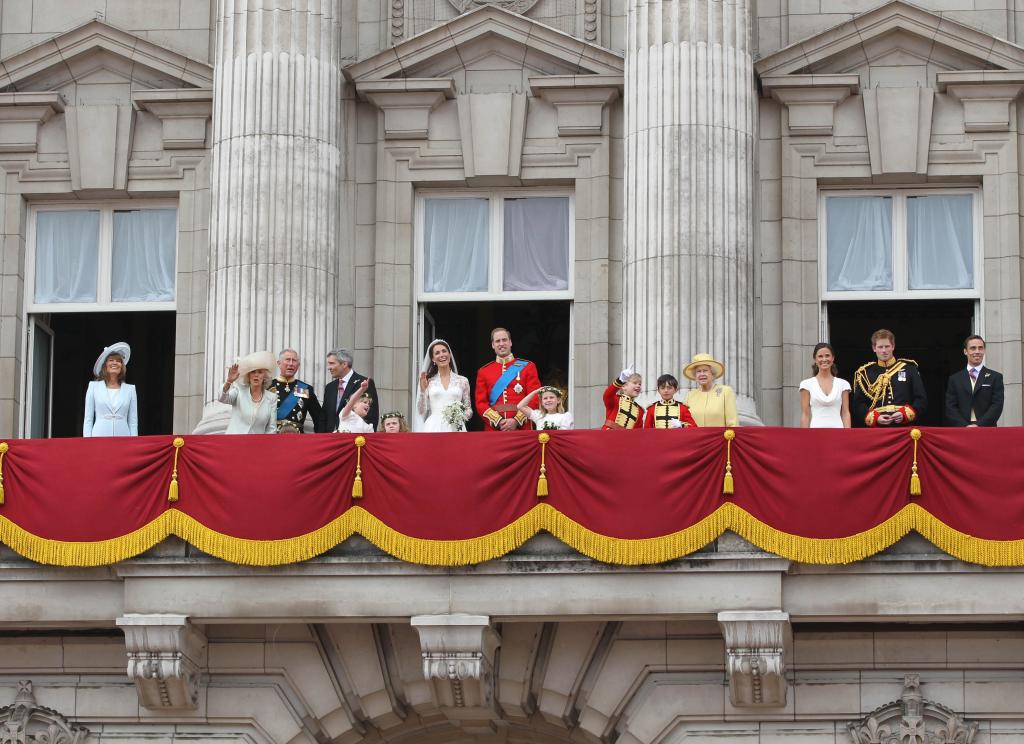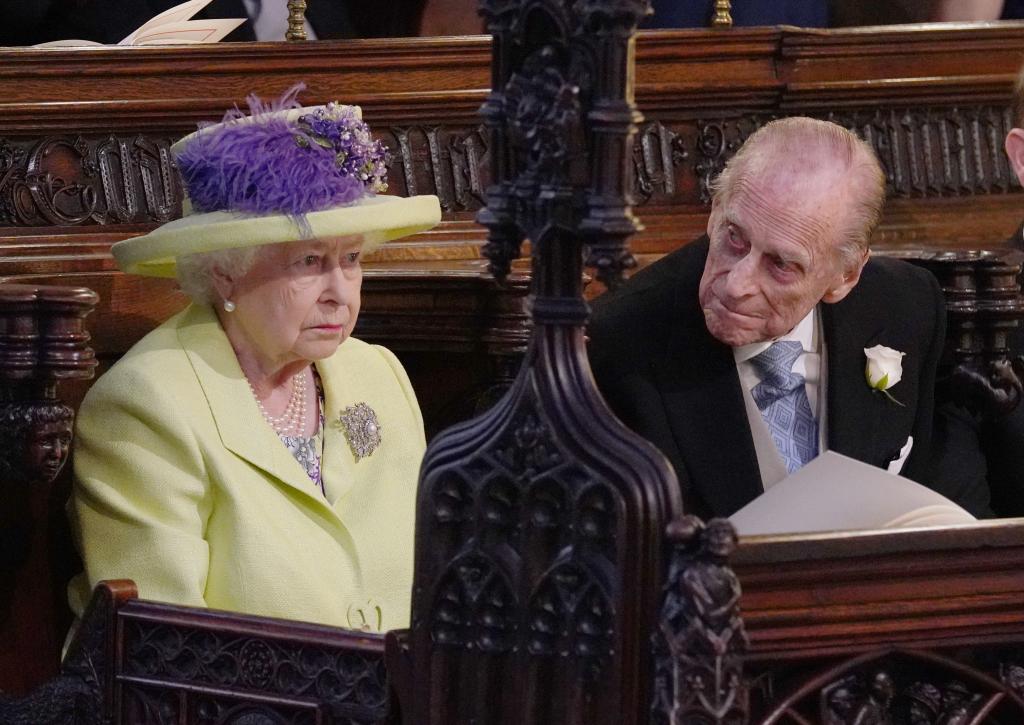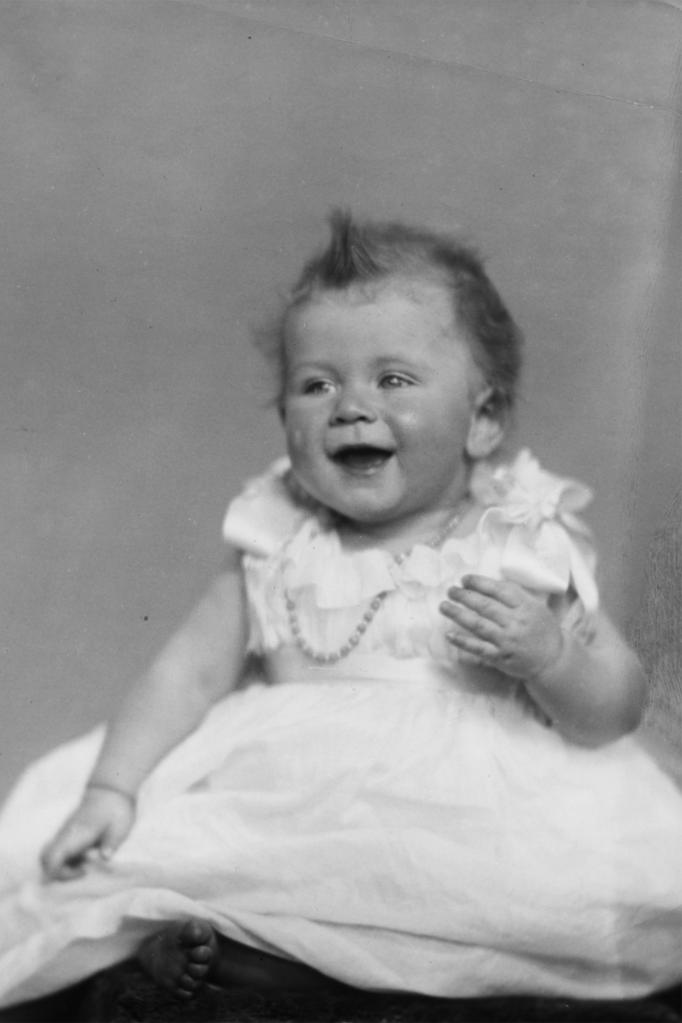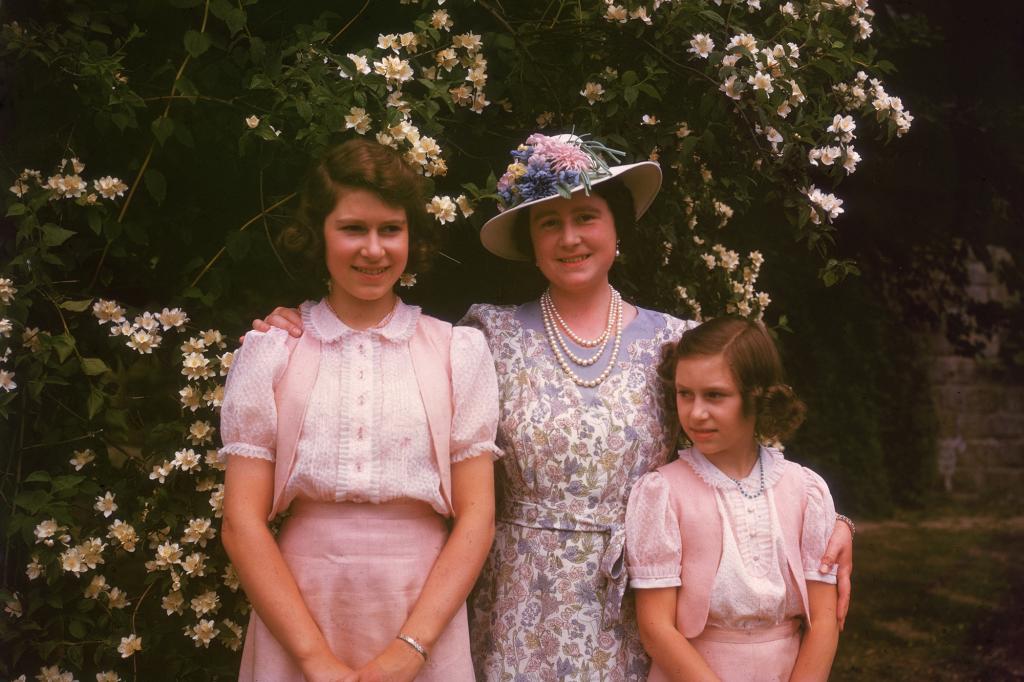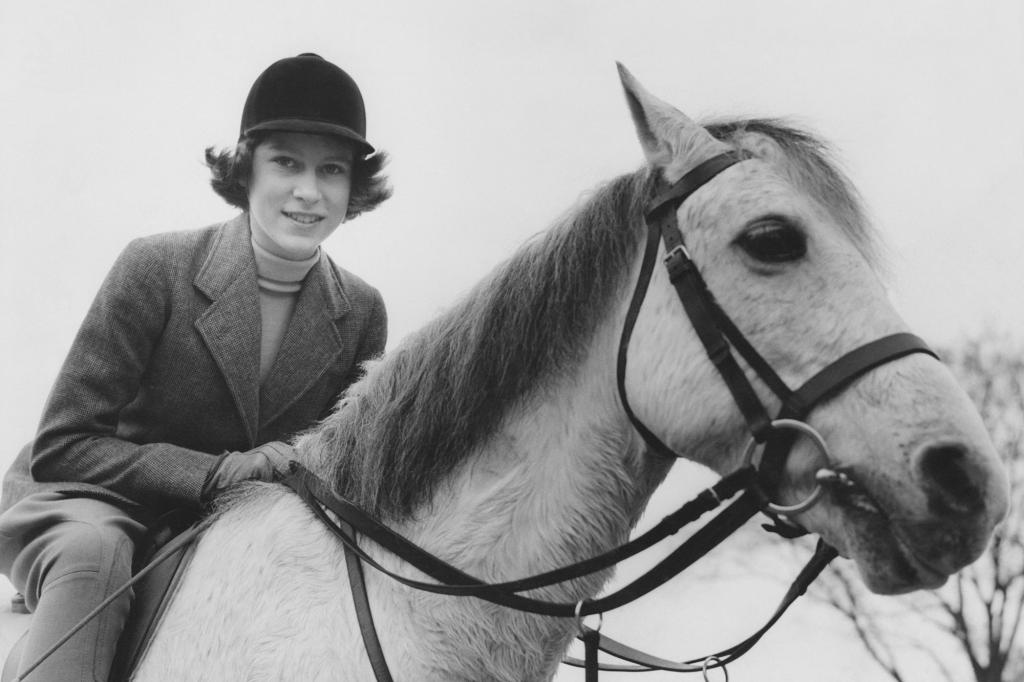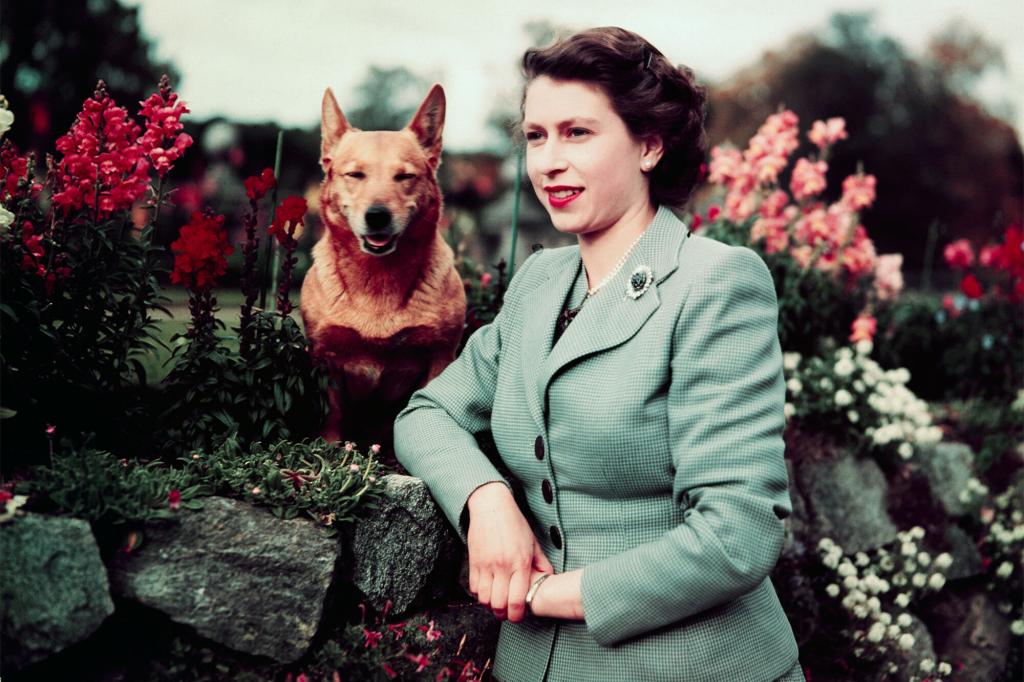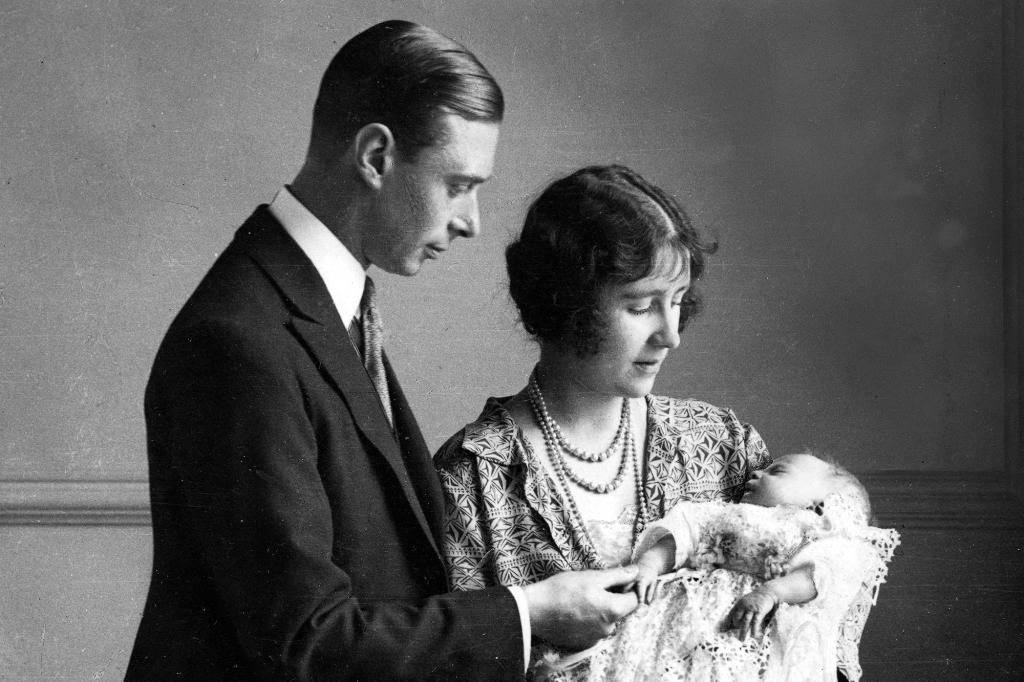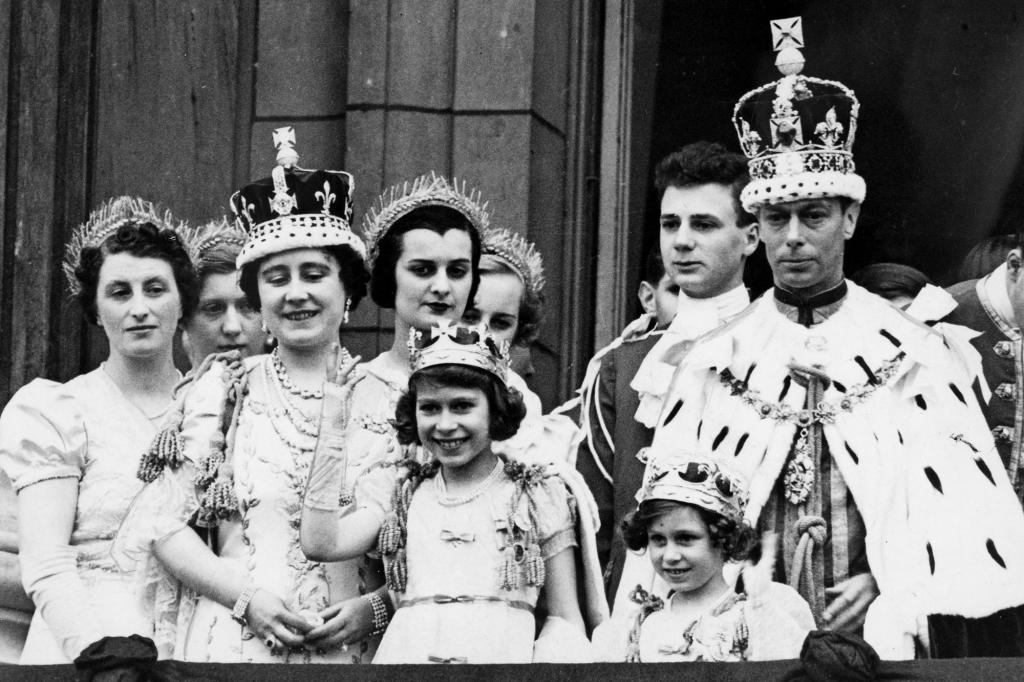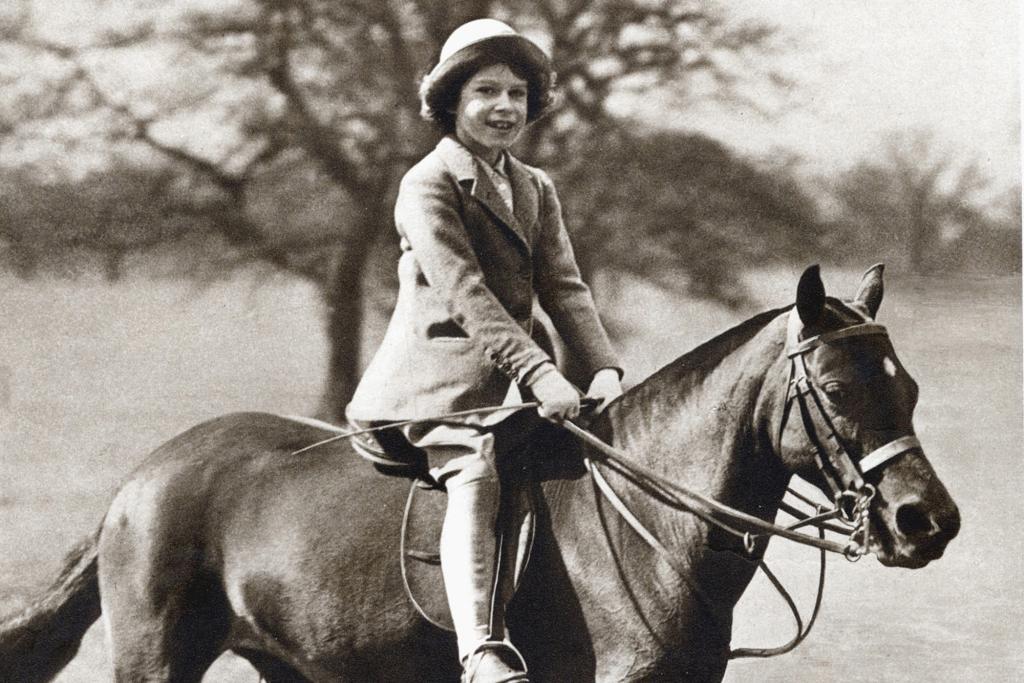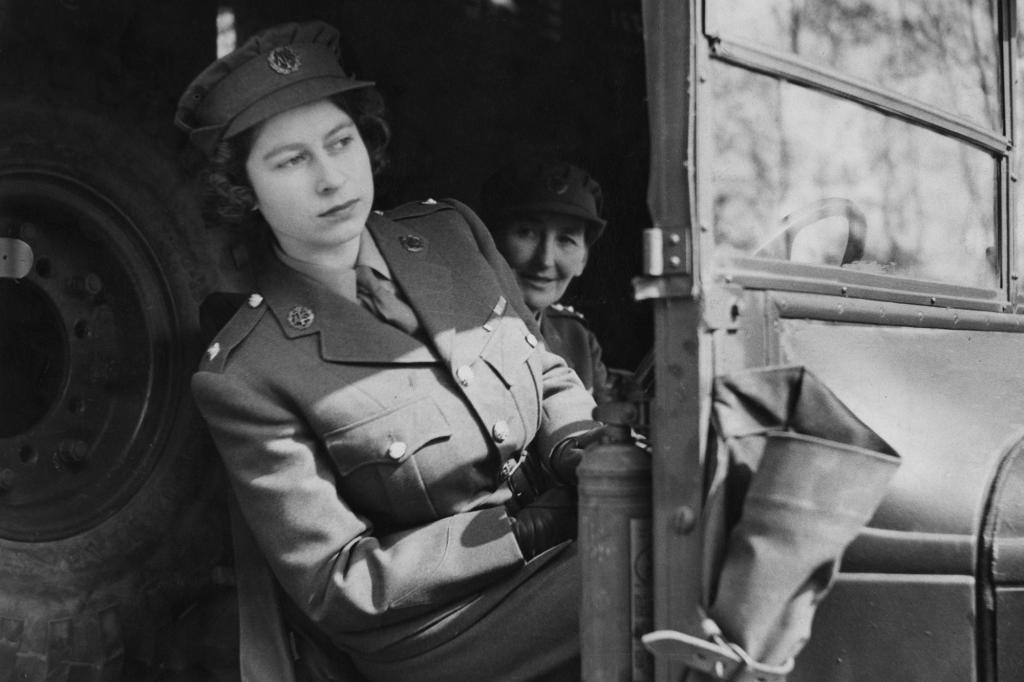Queen Elizabeth II, longest-reigning British monarch, dead at 96
When then-Princess Elizabeth turned 21 in 1947, the future monarch vowed that her “whole life, whether it be short or long, will be devoted to your service.”
She would go on to reign an unprecedented 70 years, appointing 15 prime ministers and becoming a steadfast icon in Britain and beyond — all while enduring personal turmoil and family scandal in the public eye.
The royal family announced she died Thursday at Balmoral Castle, her beloved summer residence in Scotland, where members of the royal family had rushed to her side after her health took a turn for the worse. She was 96.
Her 73-year-old son immediately became King Charles III, and released a heartfelt statement from Balmoral, where he went with his wife, Camilla, the nation’s new Queen Consort.
“The death of my beloved Mother, Her Majesty, The Queen, is a moment of the greatest sadness for me and all members of my family,” he said in a statement.
“We mourn profoundly the passing of a cherished Sovereign and a much-loved Mother. I know her loss will be deeply felt throughout the country, the Realms and the Commonwealth, and by countless people around the world.”
The Queen’s grandson Prince William, 40, and the Queen’s two other sons — Prince Andrew, 62, and Prince Edward, 58 — were pictured arriving at Balmoral Thursday afternoon. The Queen’s only daughter, Princess Anne, 72, was already in Scotland.
A statement from His Majesty The King: pic.twitter.com/AnBiyZCher
— The Royal Family (@RoyalFamily) September 8, 2022
Prince Harry arrived at Balmoral hours after the Queen’s passing, while his wife, Meghan Markle, stayed behind in London. Prince Williams’ wife, Kate Middleton, also did not travel to the Queen’s estate because it was the first day of school for their children — Prince George, 9, Princess Charlotte, 7, and Prince Louis, 4.
The King will spend the first night of his reign at Balmoral before returning to London with his wife on Friday, when he is set to address the nation. He is expected to be officially proclaimed King on Saturday at St James’s Palace in London, in front of a ceremonial body known as the Accession Council. No coronation date has yet been set.
New UK Prime Minister Liz Truss, who only met with the Queen on Tuesday in her final public engagement, addressed the nation from outside 10 Downing Street, saying: “Queen Elizabeth II leaves a great legacy.”
She praised the Queen’s “devotion to duty” and mourned the passing of “the second Elizabethan age.”
Thousands of Royal fans crowded outside Buckingham Palace in rain to pay their respects and drop off bouquets of flowers in honor of the long-serving monarch, while black London taxis lined up in tribute on the roads leading to the palace.
A funeral was expected to be held next week.
Just moments before royal aides fixed a formal statement to the palace’s gates regarding the queen’s death, a stunning double rainbow shone overheard.
British TV anchors immediately donned black as the rolling coverage of her death unfolded and the BBC, the UK’s national broadcaster, played the national anthem — “God Save the Queen.”
The lyrics of the anthem will now be changed to “God Save the King,” as Charles ascends to the throne. The Bank of England confirmed that banknotes featuring the portrait of the late Queen will remain legal tender — for now.
Meanwhile, world leaders also started offering their condolences, with President Biden and first lady Jill Biden saying in a statement that Elizabeth was “more than a monarch” and that “she defined an era.”
“Queen Elizabeth II was a stateswoman of unmatched dignity and constancy who deepened the bedrock Alliance between the United Kingdom and the United States,” the Bidens said. “She helped make our relationship special.”
Former President Donald Trump also paid tribute, saying the late Queen “will always be remembered for her faithfulness to her country and her unwavering devotion to her fellow countrymen and women.”
Trump added: “Melania and I will always cherish our time together with the Queen, and never forget Her Majesty’s generous friendship, great wisdom, and wonderful sense of humor. What a grand and beautiful lady she was — there was nobody like her!”
Former President Barack Obama and his wife, Michelle, also recalled the Queen fondly, saying they were “awed by her legacy of tireless, dignified public service.”
Get the latest on Queen Elizabeth II’s funeral with The Post’s live coverage
“Back when we were just beginning to navigate life as President and First Lady, she welcomed us to the world stage with open arms and extraordinary generosity,” the Obama’s said in a statement.
The Queen leaves behind four children, eight grandchildren and seven great-grandchildren.
Elizabeth became the kingdom’s longest-reigning monarch on Sept. 9, 2015, edging out her great-great-grandmother, Queen Victoria.
Known for her colorful hats and beloved corgis, the Queen will be best remembered for the greater feat of simply keeping the institution of the monarchy alive and going strong into the 21st century, experts said.
“Through her life, she built on the mystique of monarchy all around the world,” British historian Robert Lacey, author of the biography “Monarch: Life and Reign of Elizabeth II,” told The Post.
The future queen was born Princess Elizabeth Alexandra Mary on April 21, 1926, in London to the then-Duke and Duchess of York. As the third in line for the throne — the daughter of King George V’s second son — no one at the time expected her to ever become queen.
The lack of expectation in these early years allowed Elizabeth — known as “Lilibet” to her family — to experience a measure of freedom before unexpectedly ascending up the royal rankings.
Elizabeth’s uncle, Edward, was next in line for the throne upon the 1936 death of her grandfather, but he abdicated within the year over his scandalous relationship with American divorcée Wallis Simpson.
It left Elizabeth’s dad, Prince Albert, to reluctantly assume the mantle as King George VI.
Her shy father wept upon receiving the news of his new role, but the stoic Elizabeth had already developed a strong sense of duty from a young age.
“When our father became King, I said to her, ‘Does that mean you’re going to become Queen?’ She replied, ‘Yes. I suppose it does.’ She didn’t mention it again,” Princess Margaret once recalled.
Still, she famously confessed to her riding teacher a few years later that in a different life, she’d “like to be a lady, living in the country with lots of horses and dogs.”
In 1939, Britain entered World War II, but the royal family rejected calls to move the young princesses to Canada to avoid the incessant aerial bombing by the Nazis — and instead the girls were shuffled between royal residences for the duration of the conflict.
Their decision to stay put would help restore the country’s faith in the monarchy after the blow of Edward’s abdication, Lacey, author of the biography “Monarch: Life and Reign of Elizabeth II,” told The Post.
“In many ways it was the saving of the royal family — you can’t claim to be divinely appointed and then just decide you don’t fancy the job because you’d rather go off with an American divorcée,” he said.
Elizabeth also did her bit for the war effort — raising funds to buy wool for military uniforms and, at 14, making her first radio broadcast on BBC’s “Children Hour” to children who had been evacuated from their homes.
“My sister Margaret Rose and I feel so much for you, as we know from experience what it means to be away from those you love most of all,” she said in her address, which was a huge hit with listeners.
It was around this time she also fell for her future husband, Philip Mountbatten, a distant cousin born into the Greek and Danish royal families.
The two spent time together in 1939 at the Royal Naval College, and a smitten 13-year-old Elizabeth began corresponding regularly with the 18-year-old Philip.
In 1947, when Elizabeth was 21, the couple finally married at Westminster Abbey.
But Philip proved to be a controversial choice due to his German heritage — some of his sisters had married men with Nazi ties, and were not invited to the wedding — fiery personality and, later, wandering eye.
After the ceremony — which included 2,000 guests and a worldwide audience of 200 million tuning in on the radio — Philip asked, “Am I being very brave or very foolish?”
Less than a year later, Nov. 14, 1948, Prince Charles, the heir to the throne, was born. Princess Anne followed on Aug. 15, 1950 — and they were later joined by Prince Andrew on Feb. 19, 1960 and Prince Edward on March 10, 1964.
Elizabeth was just 25 and on a trip to Kenya when she learned her father had suddenly died in his sleep on Feb. 6, 1952.
Her private secretary, Martin Charteris, recalled finding the new Queen at her desk looking “very composed, absolute master of her fate.”
The coronation took place at Westminster Abbey on June 2, 1953, and the pomp and pageantry was broadcast on television for the first time.
As measure of her long reign, her first prime minister was Winston Churchill and she lasted through 15 political leaders, including Margaret Thatcher, Tony Blair, Theresa May, Boris Johnson and the recently sworn in Liz Truss.
After her coronation, the newly crowned Queen Elizabeth and Prince Philip embarked on a seven-month world tour, hitting 13 counties and traveling more than 40,000 miles.
It was the beginning of her globe-trotting ways — and her lifelong mission to keep the British Empire’s former colonies loyal and united under the banner of the Commonwealth after decolonization.
Among her many tours to the United States was a 1976 trip to celebrate America’s 200th anniversary of independence from Britain, and she ultimately rubbed shoulders with 13 US presidents, starting with Herbert Hoover.
Both in England and abroad, Queen Elizabeth II impressed her subjects by getting up close and personal with them on her famed “walkabouts” — always dressed in her signature bold outfits and hats.
“When you’re around her, she’s not distant like other heads of state,” said Andrew Lannerd, a royal correspondent for US TV news networks who runs boutique tours to royal hotspots.
“One quote of hers is: ‘I have to be seen to be believed.’ That’s true — whenever you see the Queen in person, she’s always wearing bright colors and you can always pick her out immediately.”
She was less of a success as a family matriarch, however, and the House of Windsor spent much of the 1980s and ’90s mired in scandal
“Her children and grandchildren now are devoted to her, but the record of her children’s marriages are pretty disastrous,” said Lacey.
Prince Andrew married Sarah Ferguson in 1986, but their union soon became the subject of tabloid fodder when photos surfaced of the Duchess of York sunbathing topless with her financial adviser.
But it was Prince Charles’ rocky marriage to Princess Diana that caused Queen Elizabeth the most heartache.
The two tied the knot in a fairy-tale ceremony billed as the “wedding of the century” in 1981, and created the picture-perfect royal family with their two sons, Prince William and Prince Harry.
But rumors of infidelities soon shattered the fairy tale image, and their marriage spiraled to a sordid conclusion.
The Queen was reportedly dismayed by Diana’s free-spirited ways and lack of royal pretense — not to mention the fierce media attention her glamorous daughter-in-law received wherever she went.
In 1992, Prince Charles and Princess Anne split from their respective partners — and to top it off, a fire devastated Windsor Castle, the Queen’s official residence.
She dubbed it her “annus horribilis” — Latin for “horrible year.”
But things would get worse.
In 1997, Princess Diana died of injuries in a car crash with her boyfriend Dodi Fayed in Paris, and the Queen was roundly criticized for not leaving Balmoral Castle in Scotland and calming the grief-stricken country as it mourned the popular princess.
She didn’t address the death until days later with a five-minute televised speech from Buckingham Palace, in which she paid tribute to Diana as “an exceptional and gifted human being.”
Years later, royal watchers revealed the Queen remained behind at Balmoral after Diana’s death so she could comfort Princes William and Harry, who were then 15 and 12.
The monarchy’s popularity plummeted during this turbulent period, but Queen Elizabeth’s steadfast presence eventually won back the populace.
When she celebrated her 90th birthday in 2016, she enjoyed an 86 percent approval rating among Britons.
“Her essential modesty and reticence proved to be the qualities that were needed in the changing world,” says Lacey.
“The only strategy was to be herself, a lady in the country fond of horses and dogs. People said ‘how out of date,’ but she said that’s who she was. She stuck at these conventional things and succeeded.”
During England’s coronavirus lockdown, which began in March 2020, the Queen stayed at Windsor Castle, west of London, with Philip.
As Britain began to emerge from the pandemic, Elizabeth tested positive for the disease in February 2022 despite being vaccinated in 2021.
She became infected just weeks after her son Prince Charles and daughter-in-law Camilla, Duchess of Cornwall, both tested positive.
While her husband was hospitalized in early 2021, Elizabeth had to deal with yet another royal scandal as her grandson Prince Harry and his wife, Meghan Markle, gave a bombshell interview about their reasons for leaving the monarchy.
The couple alleged that the palace had failed to help Markle when she had suicidal thoughts. Markle, who is biracial, also said that an unidentified member of the royal family had raised “concerns” about the color of her baby’s skin when she was pregnant with son Archie.
The Queen responded to the allegations, saying that “the whole family is saddened” and that the “issues raised, particularly that of race, are concerning” and would be addressed privately by the family.
As the fallout from this continued, Philip died in April 2021 at the age of 99.
In her 2021 Christmas address, Queen Elizabeth talked about Philip’s death and mentioned her royal family as she spoke of her late husband’s legacy.
But Prince Harry and Meghan Markle’s names went unsaid.
Then in January 2022, Elizabeth stripped her son Andrew of his military and royal titles and patronages after he became embroiled in the sex scandal involving the late financier and convicted pedophile Jeffrey Epstein.
She authorized Buckingham Palace to take the action against Andrew a day after a federal judge in Manhattan rejected his bid to have a sexual assault lawsuit filed by Virginia Roberts Giuffre thrown out.
Giuffre claimed that Epstein made her have sex with the disgraced royal three times, beginning in 2001 when she was just 17.
Andrew and Giuffre agreed to settle her lawsuit in February 2022, keeping the tawdry details at the center of the case free from public scrutiny.
While the sum of the settlement was not disclosed, a source told The Post it was estimated to be $12 million.
Philip and Elizabeth shared four children, eight grandchildren and nine great-grandchildren.








